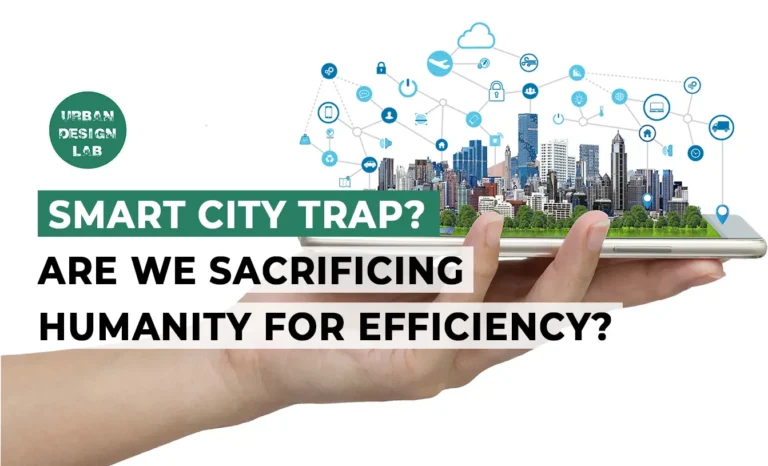
Expo City Dubai and the Tension Between Long-Term Urban Legacy and Iconic Design
This research explores the ambitious Expo Dubai project, which aims to transform the city into a smart, sustainable urban model by integrating artificial intelligence and innovative traffic management systems. The project’s strategic location supports the “15-minute city” concept, enabling residents to access essential services easily within a cohesive environment. Despite its optimistic outlook, the project faces significant challenges, including securing sustainable funding and ensuring effective community engagement, alongside residents’ acceptance of new technologies. However, early experiences show notable successes, as these initiatives contribute to improving quality of life, reducing emissions, and fostering social interaction and creativity. Expo Dubai stands as a promising example of future cities that blend technology with humanity to achieve comprehensive and sustainable urban development.
Expo City Dubai: Between Ambition and Reality
Expo City Dubai is often introduced as the “City of the Future.” It is not merely a vision or a fantasy, but a tangible reality that architects and project leaders from various fields strive to achieve. Expo City Dubai is a massive project developed on the site of Expo 2020 Dubai. The project aims to transform the site into a sustainable, integrated city that includes residential areas, green spaces, advanced infrastructure, and efficient, fast transportation systems such as the metro. The goal is to create a vibrant urban centre in South Dubai.
The project covers an area of approximately 3.5 square kilometres, with an expected population of around 76,000 people, including 40,000 workers. Expo City Dubai integrates key economic drivers such as the Dubai Exhibition Centre, Al Maktoum International Airport, and Jebel Ali Port to fuel its economic growth. We see Expo City Dubai as an ambitious project, facing the challenge of transforming a global exhibition site into a living city that balances architectural heritage with the rapid development we witness today. The focus on economic growth and investment makes this endeavour inevitably challenging.
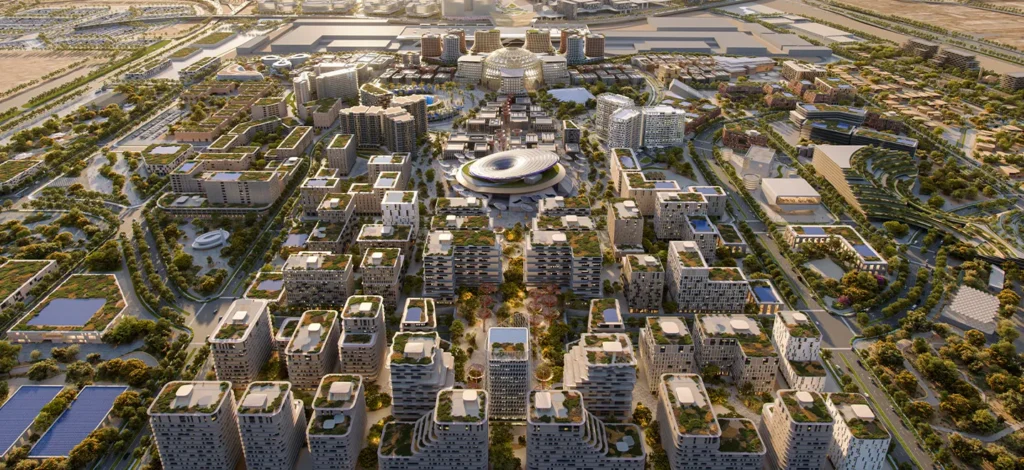
Expo City Dubai Urban Strategy: Creating a Balanced and Sustainable Community
The strategy for developing Expo City Dubai focuses on balancing the preservation of its renowned architectural heritage with modern urban development. Over 80% of the original Expo 2020 buildings and infrastructure will be retained, with some repurposed into hotel apartments and entertainment venues. The city is divided into five integrated districts: Expo Hills (low-density residential), Expo Fields (healthy living with schools and sports facilities), Expo Business (innovation and entrepreneurship hub), Expo Downtown (high-density urban living with commercial spaces), and Expo Forest (social and recreational areas within a natural setting).
The project also prioritizes sustainable and efficient transportation, featuring a smart network that reduces car emissions through eco-friendly options like the metro. Economically, Expo City Dubai benefits from its strategic location near key hubs such as Al Maktoum International Airport and Jebel Ali Port, boosting trade, import, and export activities. This prime positioning enhances investment opportunities, aiming to establish the city as a vibrant, sustainable urban centre and economic heart in South Dubai.
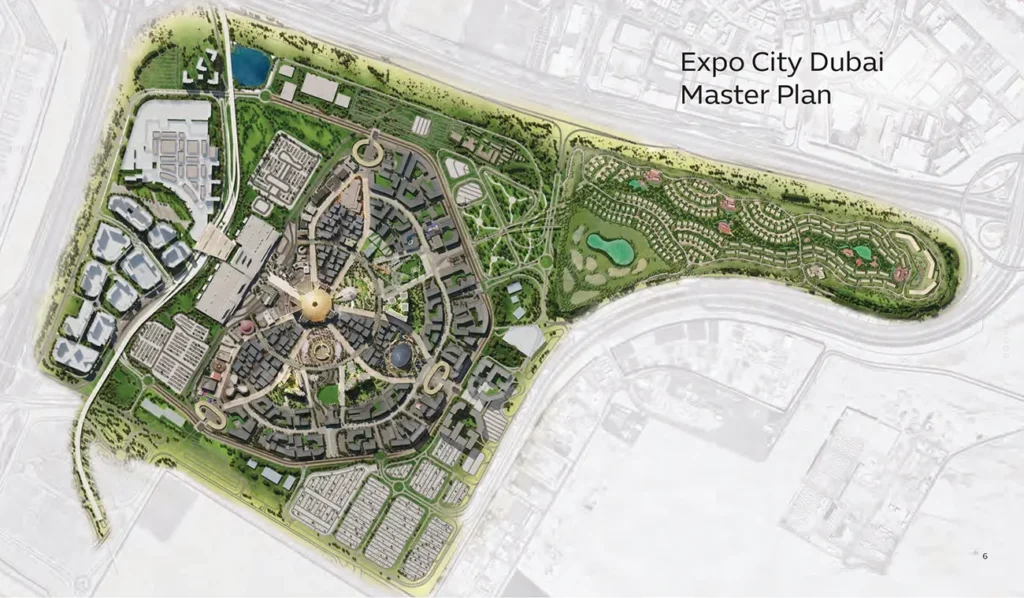
Source: Website Link
Sustainability and Urban Legacy: Promises or Reality?
Expo City Dubai is a realistic yet ambitious model aiming for a lasting urban legacy through sustainability and community engagement. It is the first urban center in the Middle East and North Africa to receive pre-certification under the WELL Community standard, focusing on residents’ health and well-being. The city features over 123 LEED-certified buildings, including seven with LEED Platinum status, and enforces strict sustainable building material standards to reduce environmental, social, and economic impacts.
Its sustainable transportation system includes walking and cycling paths, electric vehicles, and a smart transit network designed to lower carbon emissions. The master plan integrates innovation with environmental preservation, targeting carbon neutrality by 2050, with interim goals of reducing emissions by 45% by 2030 and 80% by 2040. Hosting global events like COP28 highlights its role as a hub for sustainable development discussions.
Expo City Dubai combines green technologies, global standards, and a healthy environment to lead sustainable urban living in the region, offering a practical and advanced model for future cities worldwide.
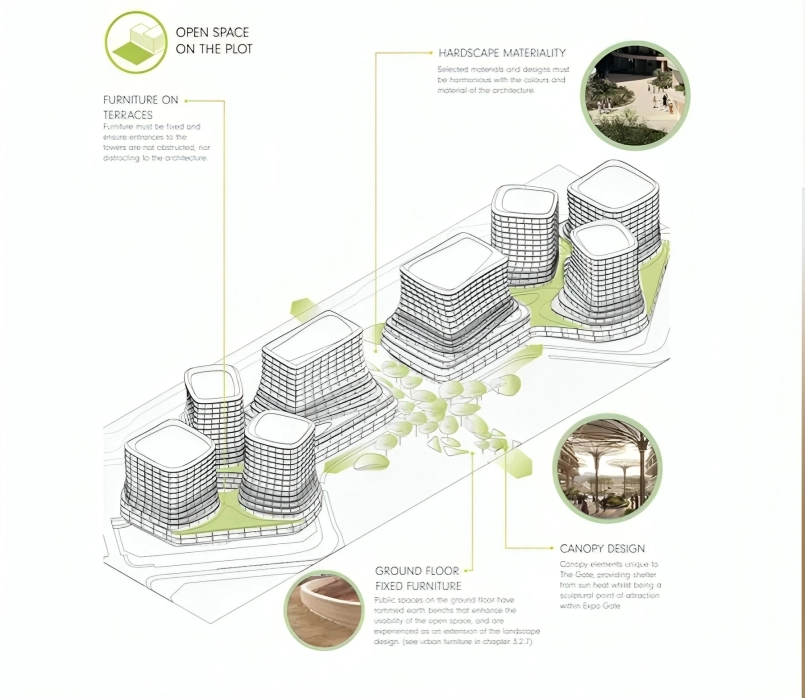
Expo Dubai How It the First Arab City of 15-Minute concept
Expo City Dubai is thoughtfully designed to ensure easy movement, featuring integrated residential, educational, social, and recreational areas that minimize the need for long-distance travel. Safe walking and cycling paths encourage social interaction and healthy living, while AI-driven traffic management ensures smooth and efficient transportation.
The Dubai Metro plays a central role, covering wide areas and providing reliable service to residents and visitors, enabling fast and comfortable travel. Looking ahead, Dubai is advancing ambitious transport projects reflecting its vision for the future:
- Hyperloop: A cutting-edge high-speed system where capsules travel through vacuum tubes at speeds up to 1,000 km/h, potentially connecting Dubai to Abu Dhabi in minutes. This innovation promises to revolutionize regional travel and support sustainability goals.
- SkyWay: An elevated electric transit system with suspended pods on overhead tracks, designed to link vital urban areas efficiently, reduce congestion, and promote eco-friendly mobility.
These projects embody Expo City Dubai’s vision of the “City of the Future.” While technical and logistical challenges exist, these innovations are poised to become reality, reinforcing Dubai’s leadership in smart, sustainable urban development. This approach ensures a high quality of life, enabling residents to live, work, and enjoy the city within just 15 minutes.
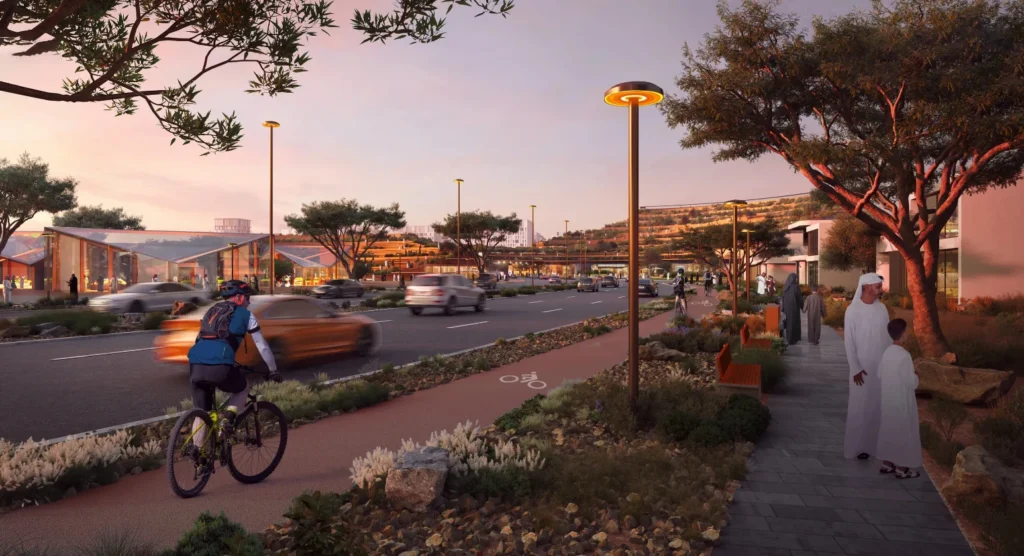
A Global Platform for Innovation and Sustainable Community Engagement
Expo City Dubai is an integrated model combining technology, community, and economy through smart urban design and infrastructure. Built on the site of Expo Dubai 2020, it offers a sustainable, intelligent environment that fosters innovation and enhances residents’ quality of life by addressing challenges like congestion and limited social interaction. The city provides a cohesive urban community where daily needs are easily met.
Expo City hosts major global events such as AI Everything GLOBAL 2025, showcasing cutting-edge AI applications, and COP28, featuring the “Expo City Farm,” a sustainable desert agriculture model using advanced technologies. It also hosts international conferences and exhibitions like Medlab Middle East, the Arab Dental Conference, Dubai International Boat Show, and Gulfood.
These events strengthen Expo City Dubai’s position as a global innovation and investment hub, attracting entrepreneurs and residents worldwide. Together, they reinforce the city’s role as a long-term economic driver and a fully integrated urban center that supports sustainable development and community engagement.
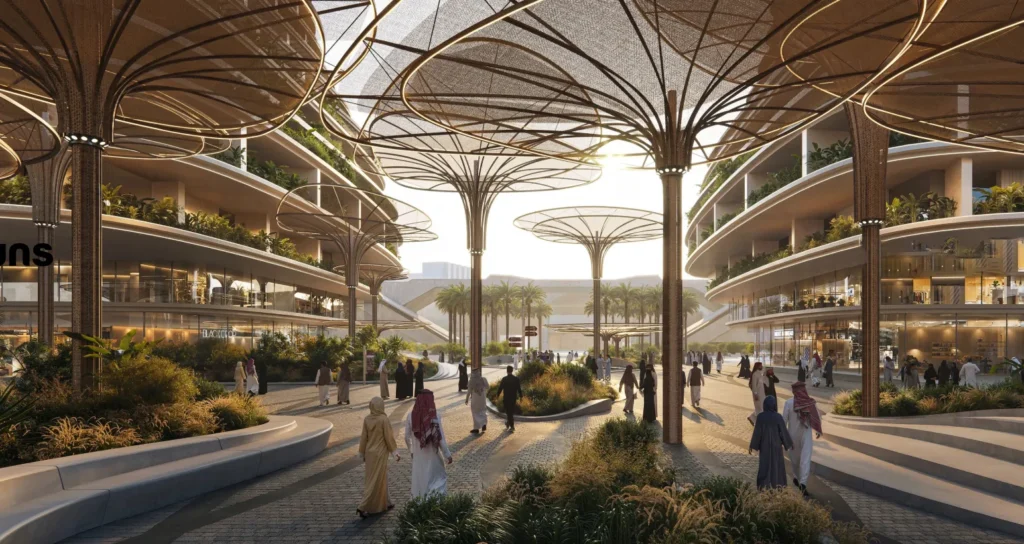
The Hidden Challenges Behind Ambitious Projects
Despite the optimistic image presented by projects like Expo City Dubai, they face complex challenges requiring wise management for success and sustainability. A key challenge is securing continuous funding, necessitating flexible and sustainable financial plans to prevent development halts or declining service quality. Balancing urban expansion with environmental protection is crucial, demanding eco-friendly technologies and sustainable urban planning to curb resource depletion and emissions. Genuine community engagement is vital for active resident participation in decision-making, addressing needs, and promoting social equity.
Adopting modern technology also requires ongoing monitoring and maintenance by specialists, alongside community awareness for sustainable resource management. Although funding continuity poses challenges, the anticipated benefits—like reduced emissions and improved air quality—significantly impact public health and economic well-being. The ultimate goal is to create a healthy, sustainable urban environment that supports comprehensive development and enhances residents’ quality of life.
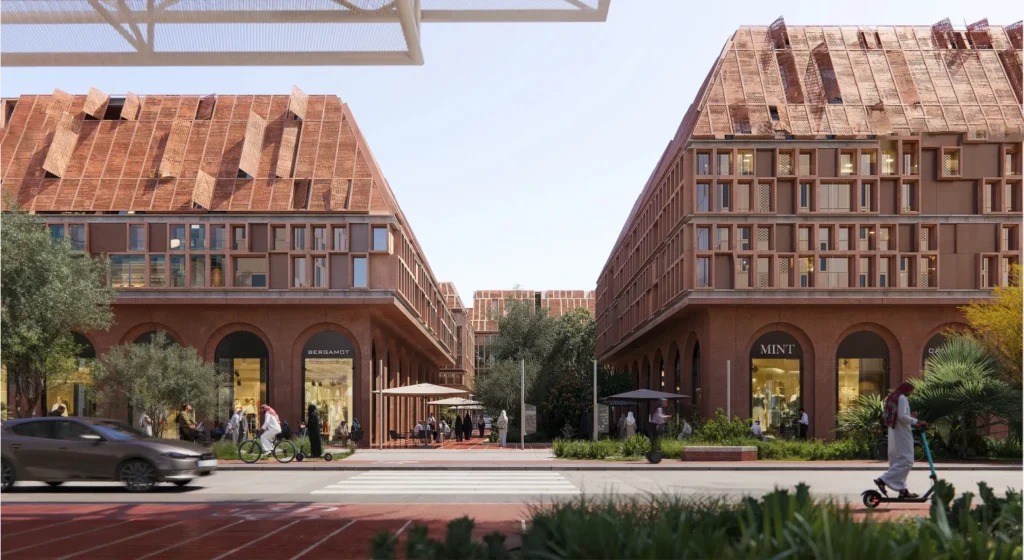
Conclusion
Building a smart city like Expo Dubai involves numerous complex challenges, from sustainable financing to technology management and community engagement. However, the positive outcomes for society, economy, and the environment make these challenges a strong motivation toward an ambitious and sustainable future. Expo Dubai serves as a successful model demonstrating how smart urban planning and advanced technologies can create an integrated urban environment that fosters social interaction, encourages creativity, and embeds sustainability.
Studies and practical applications within the city highlight that collaboration between the community and specialized entities is essential to realize this ambitious vision. Efforts must be unified to ensure continuous development and achieve social and environmental equity. The positive results achieved so far in Expo Dubai confirm that livable future cities equipped with sustainable technology can lead societies toward healthier, more prosperous lives, making them exemplary models for global urban development.
References
- Expo City Dubai Master Plan Brochure (2024)
Launched by His Highness Sheikh Mohammed bin Rashid Al Maktoum, detailing sustainable urban design and phased development.
https://assets.ctfassets.net/r2cfrvo3y08m/7pg0EpcqOeolaZmYjsNtrK/12061246eea5c56ade305b961dbc87aa/ECD_Master_Plan_Brochure_EN.pdf - Expo City Dubai Project Brochure (2024)
Vision, key features, and urban development strategy focused on connectivity and sustainability.
https://pf-ae-documents.s3.ap-southeast-1.amazonaws.com/new-project/brochure-d447aab3.pdf - Expo City Urban Development UAE (2024)
Overview of the master plan highlighting five districts fostering innovation and quality of life.
https://homecubes.io/expo-city-urban-development-uae/ - Expo City Dubai | A Sustainable Vision by UNS (2025)
Architectural and sustainability vision, LEED Gold targets, and Dubai 2040 Urban Master Plan integration.
https://www.unstudio.com/projects/expo-city-dubai/ - Sheikh Mohammed bin Rashid Approves New Master Plan for Expo City Dubai (2024)
Official announcement positioning Expo City as a global urban excellence model and economic hub.
https://www.expocitydubai.com/en/the-expo-city-dubai-master-plan/
Habiba Ghamry
About the Author
She is a student in the Architecture Department at the Faculty of Fine Arts, Helwan University, Egypt. Passionate about design and creativity, she has a special interest in UX and UI design. She combines architectural knowledge with innovative thinking, viewing design as both an art and a way to enhance user experience. Her goal is to create designs that blend beauty and functionality, delivering engaging and user-friendly digital products. She excels in research, analysis, and developing creative design strategies that focus on both aesthetics and interactivity.
Related articles
UDL GIS
Masterclass
GIS Made Easy – Learn to Map, Analyse, and Transform Urban Futures
Session Dates
23rd-27th February 2026

Urban Design Lab
Be the part of our Network
Stay updated on workshops, design tools, and calls for collaboration
Curating the best graduate thesis project globally!
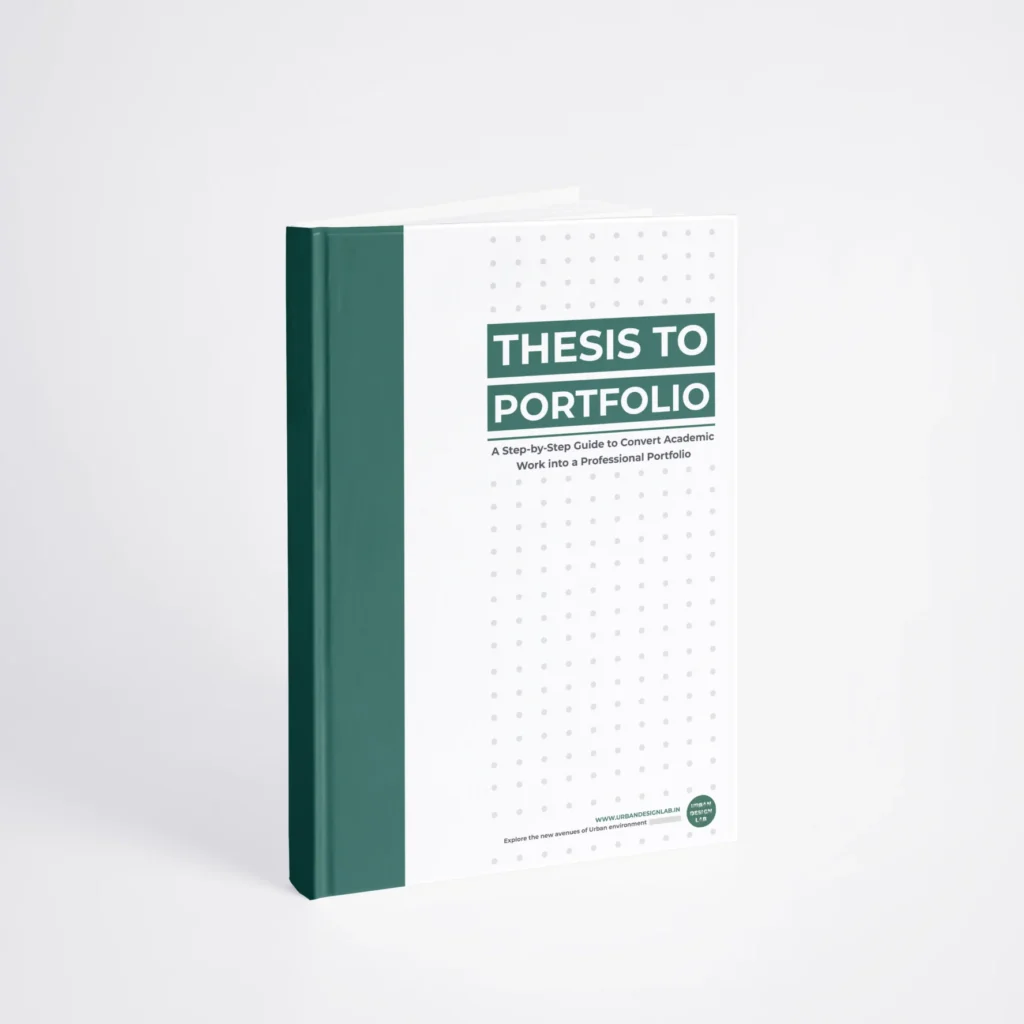
Free E-Book
From thesis to Portfolio
A Guide to Convert Academic Work into a Professional Portfolio”
Recent Posts
- Article Posted:
- Article Posted:
- Article Posted:
- Article Posted:
- Article Posted:
- Article Posted:
- Article Posted:
- Article Posted:
- Article Posted:
- Article Posted:
- Article Posted:
Sign up for our Newsletter
“Let’s explore the new avenues of Urban environment together “

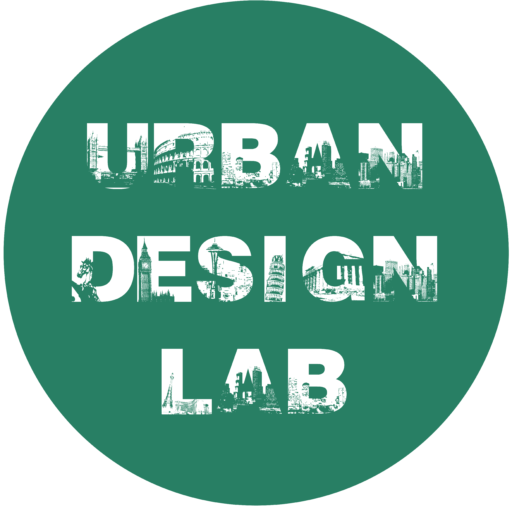
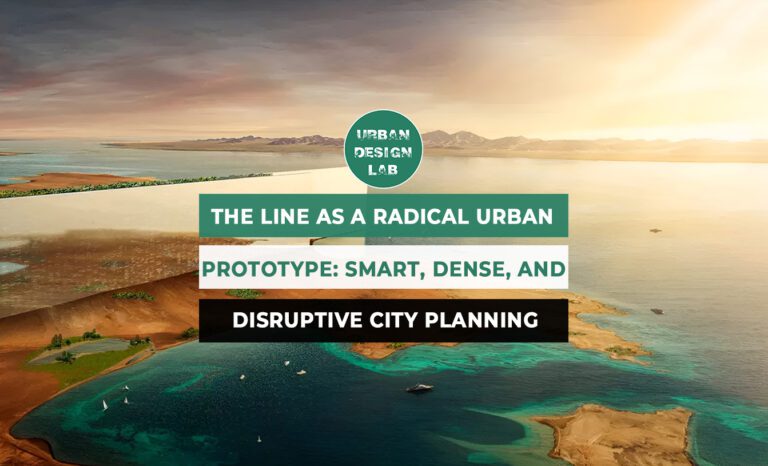
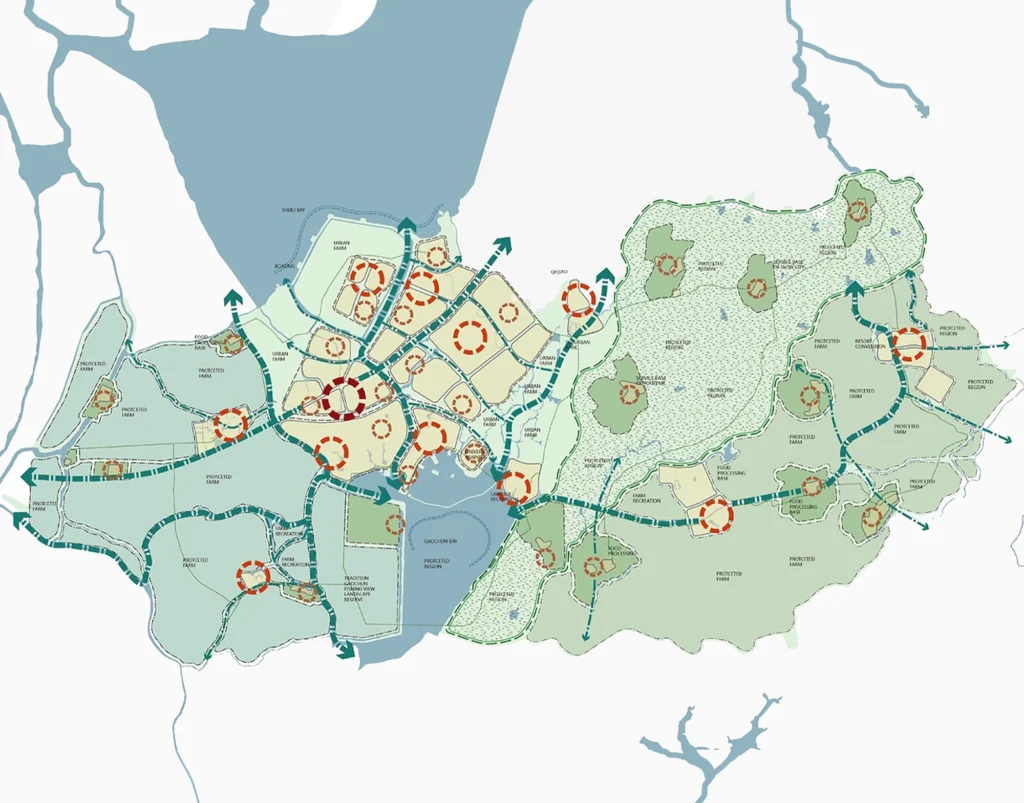
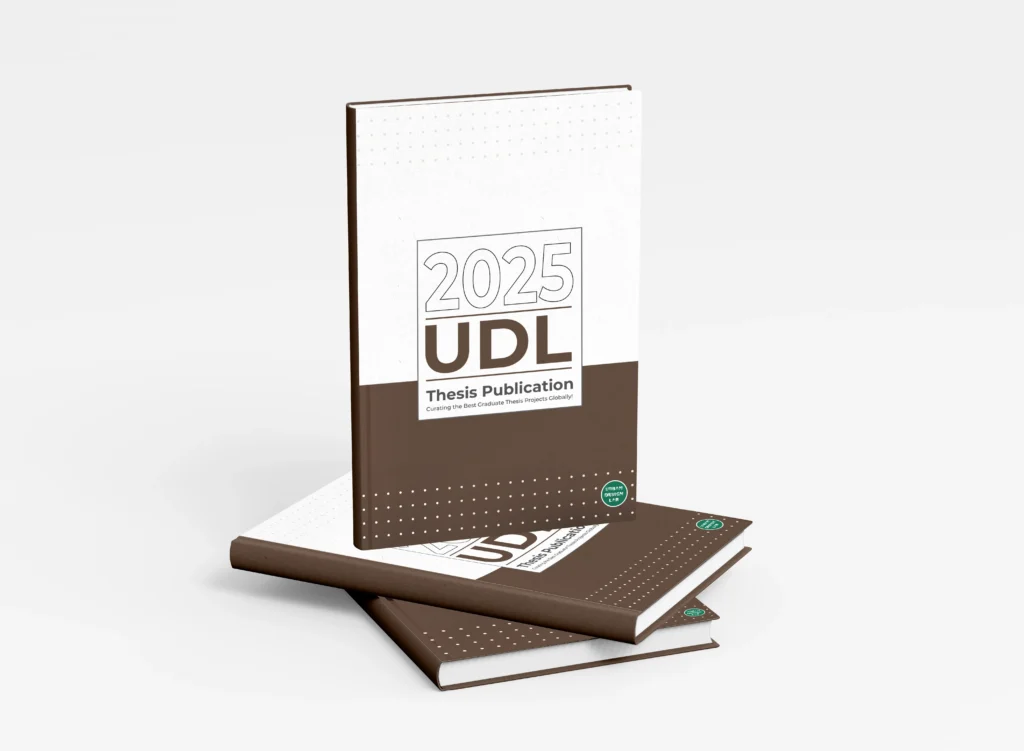
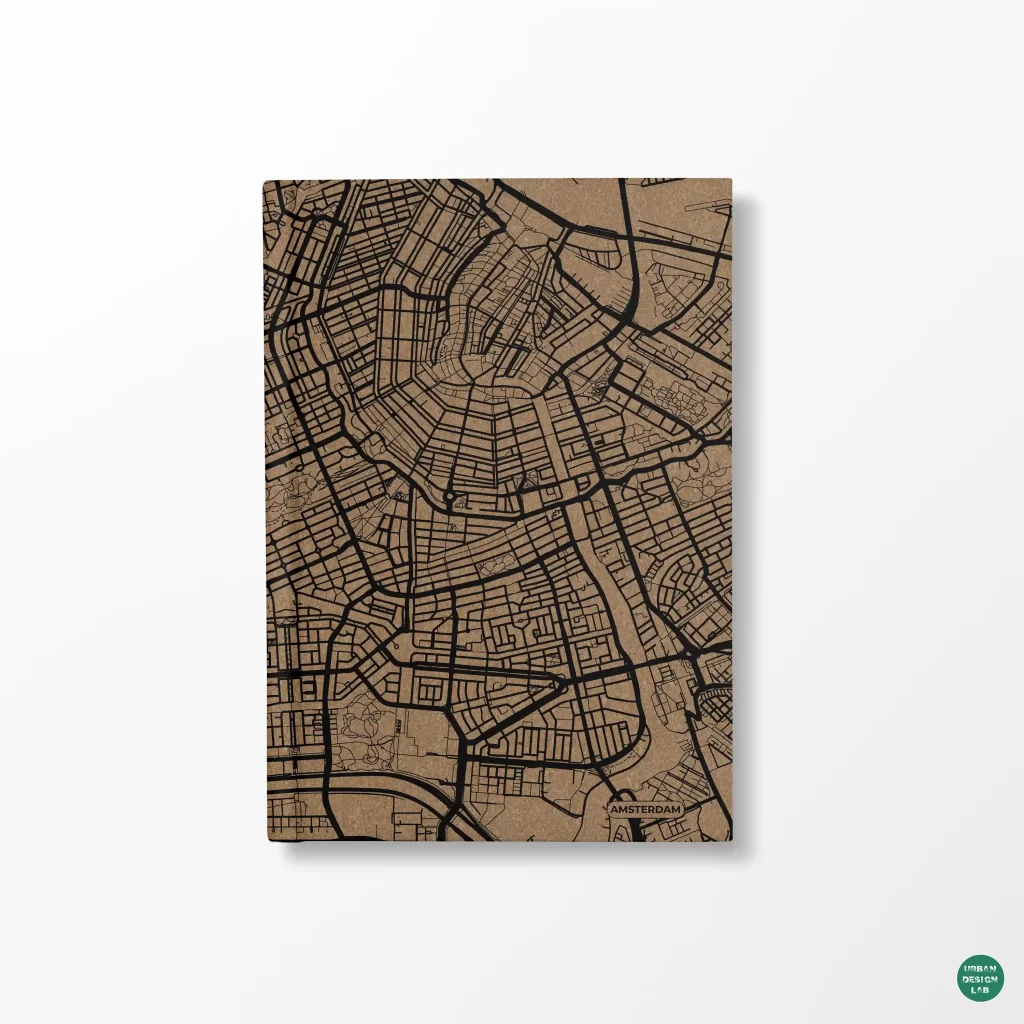

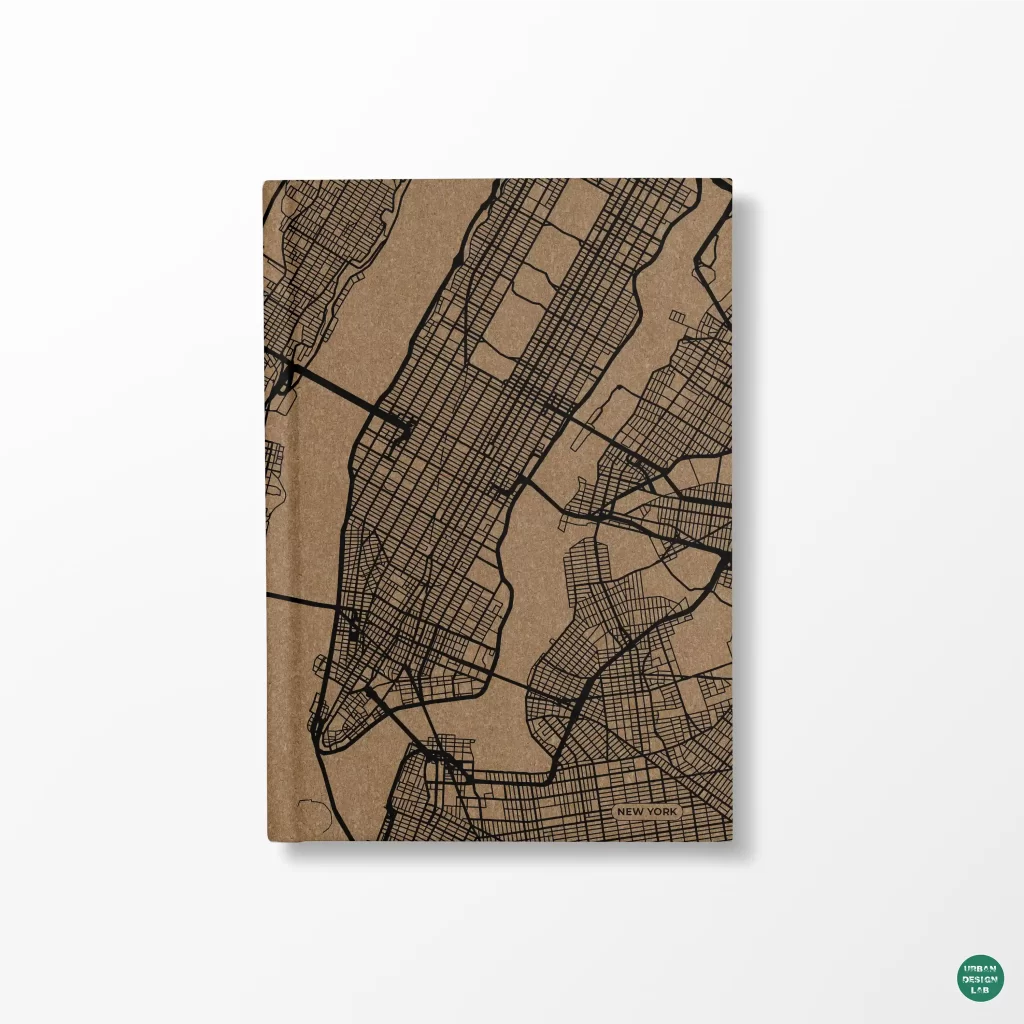
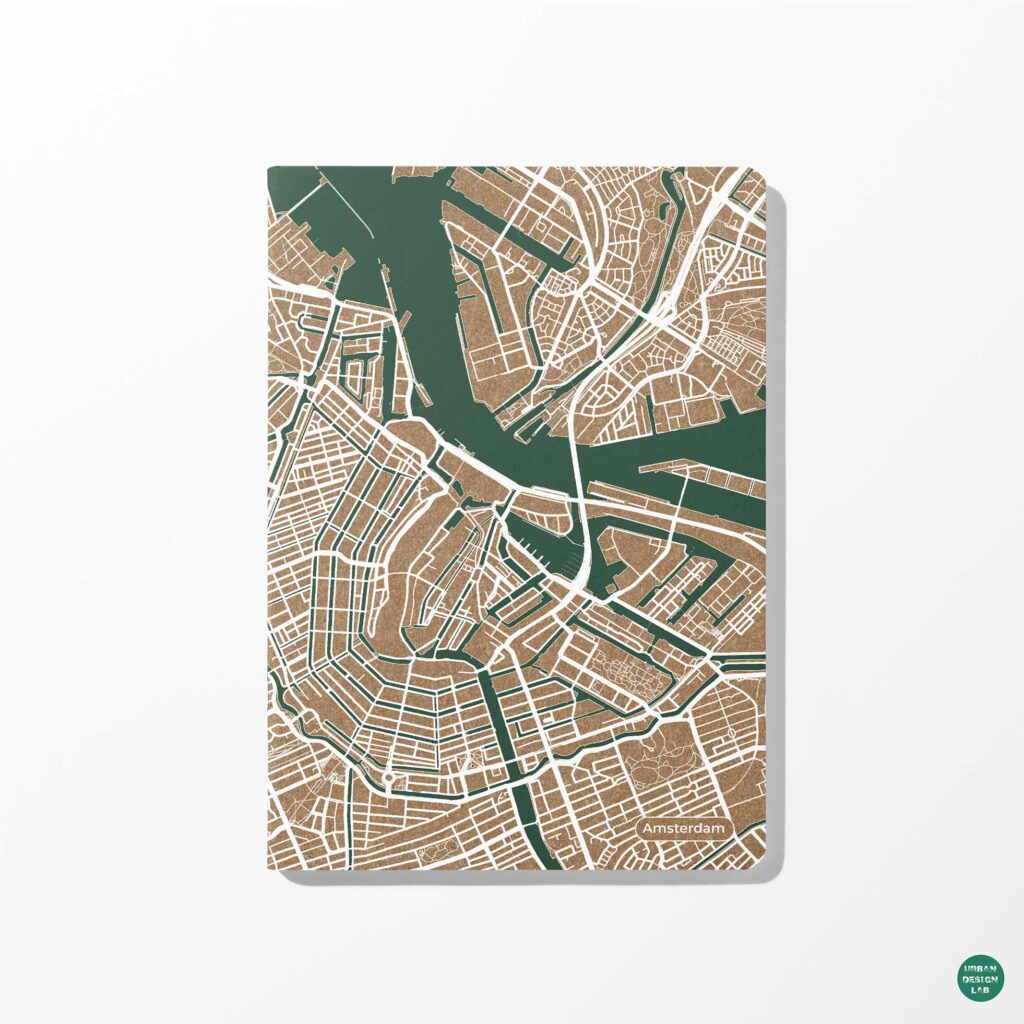
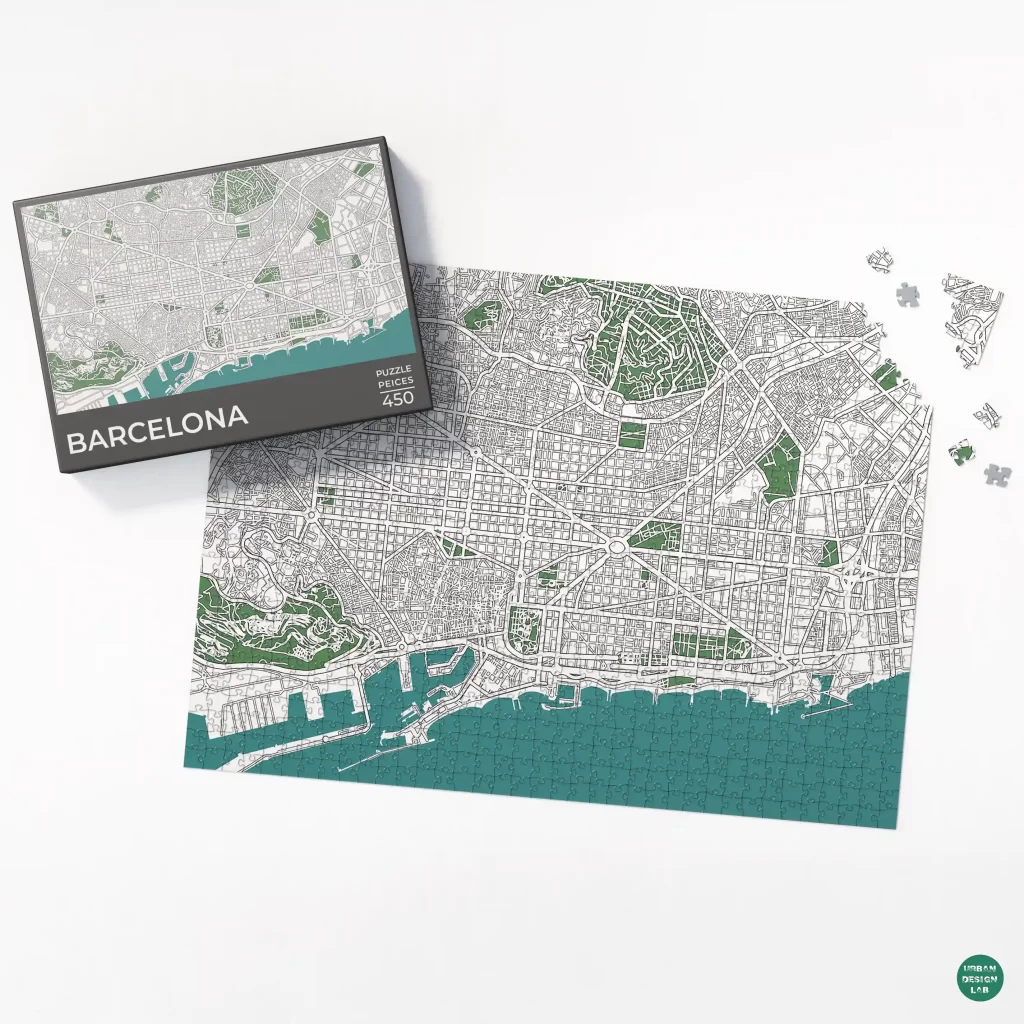
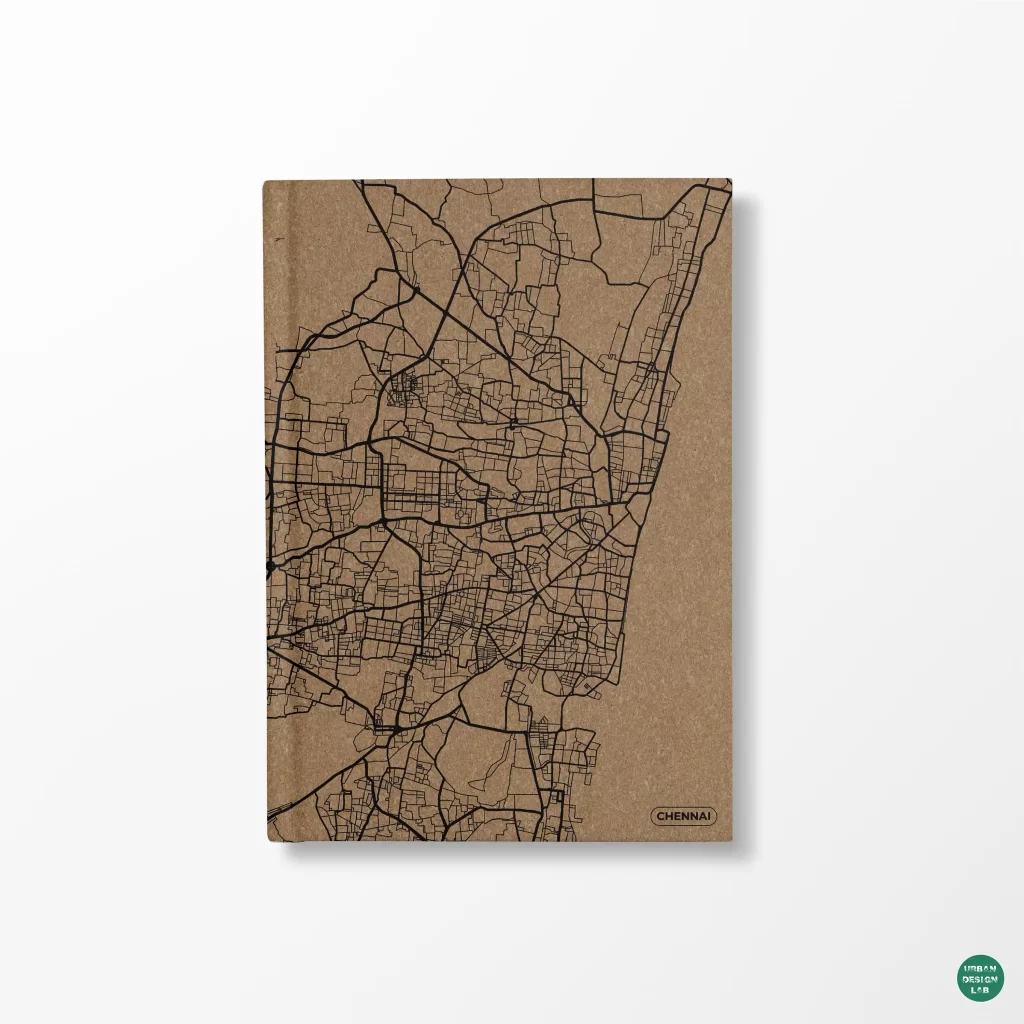
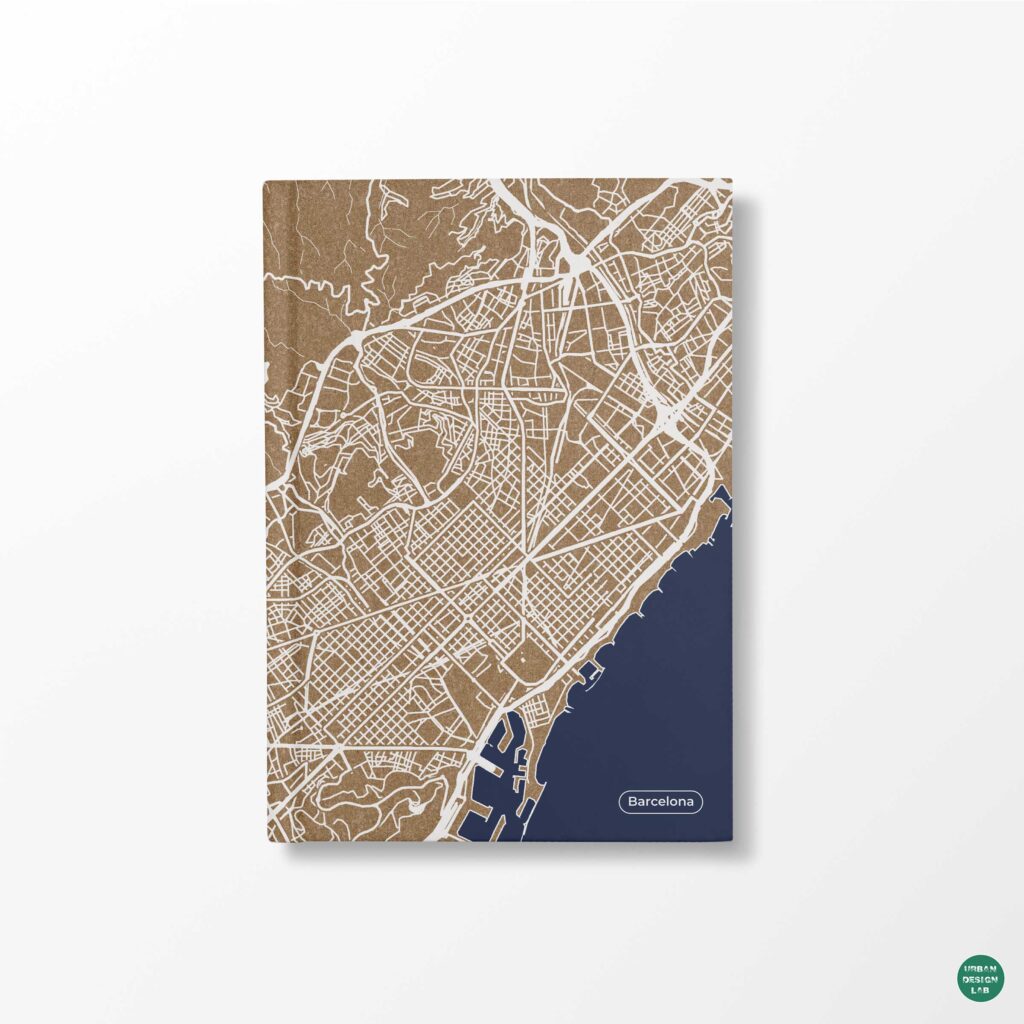
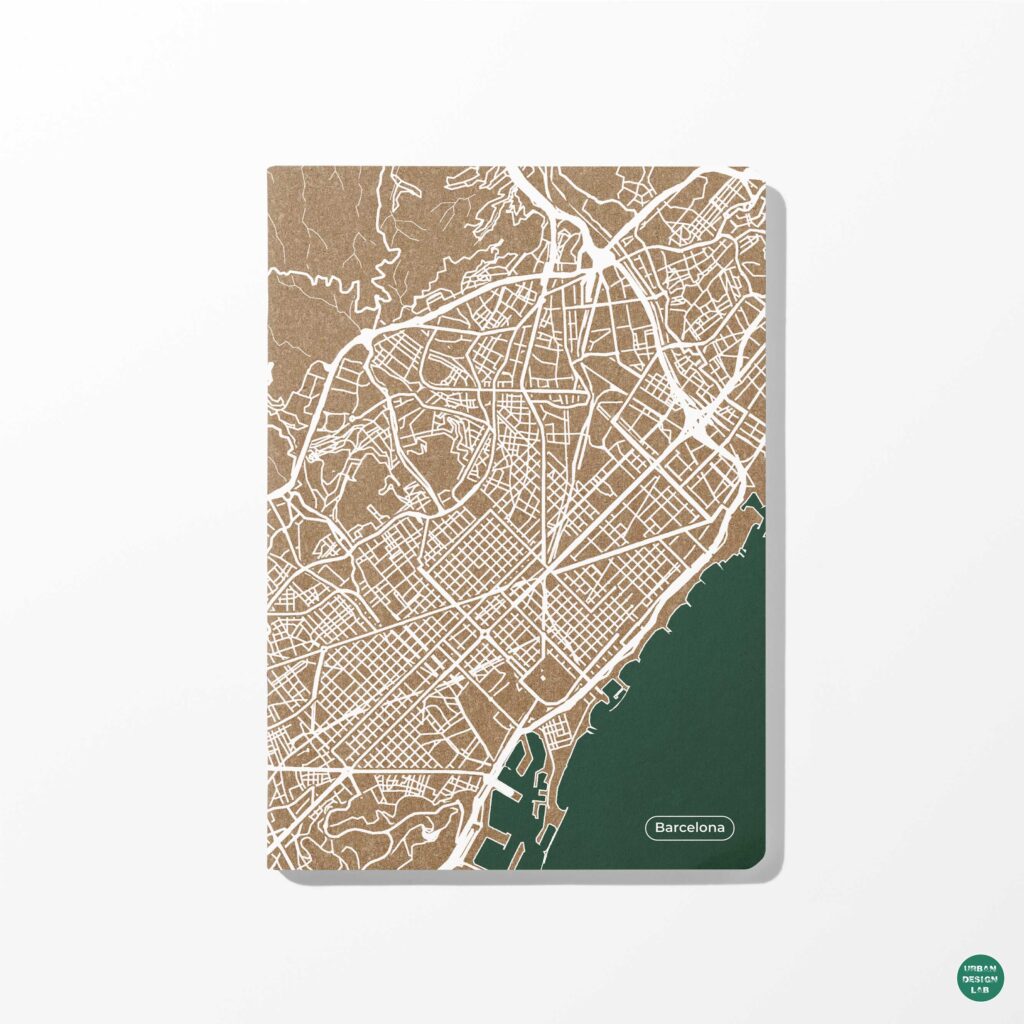
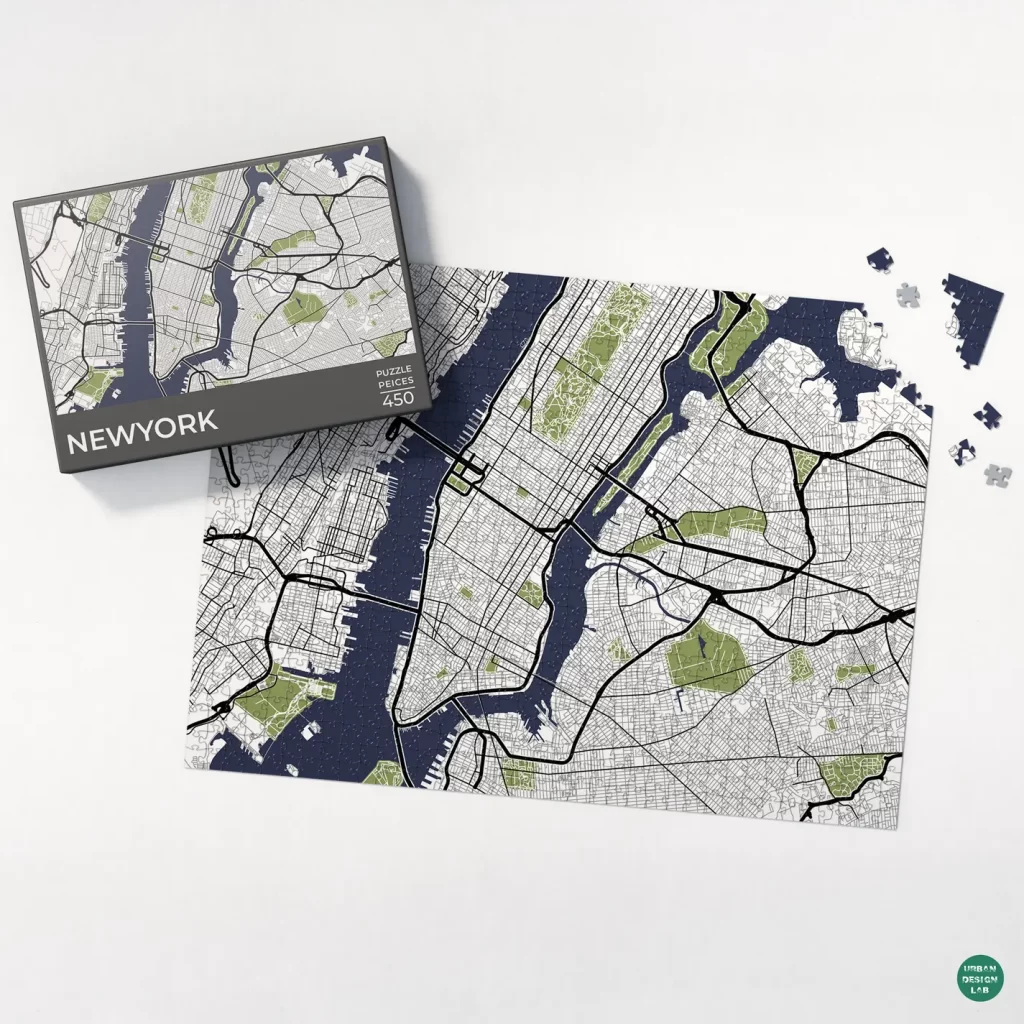

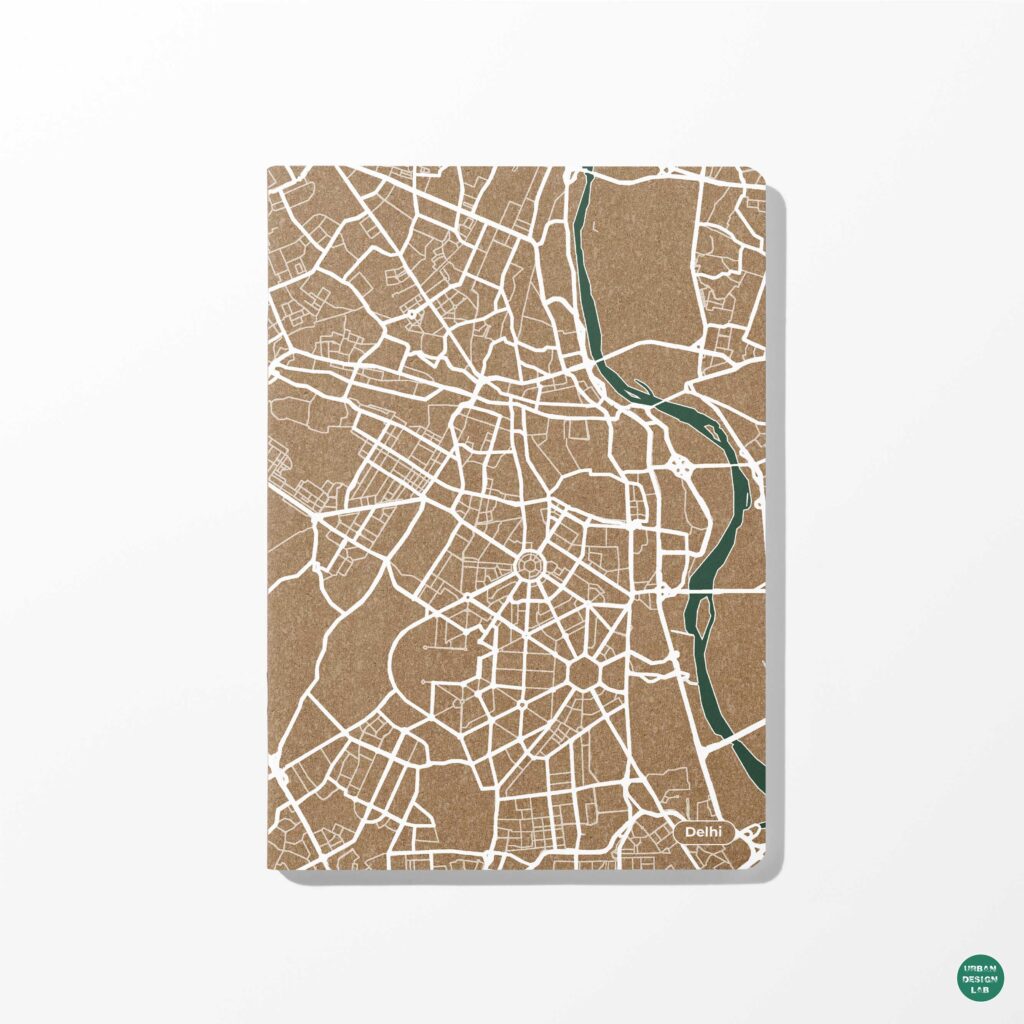
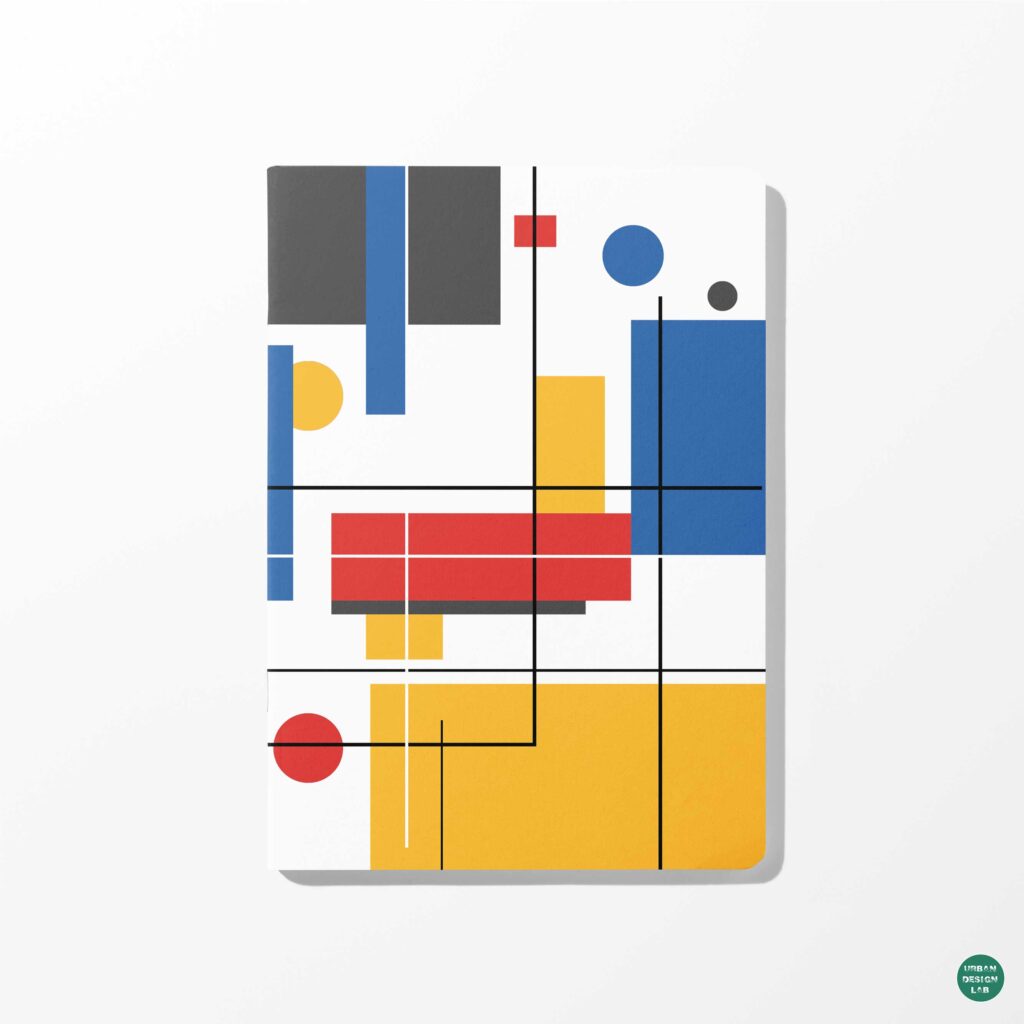
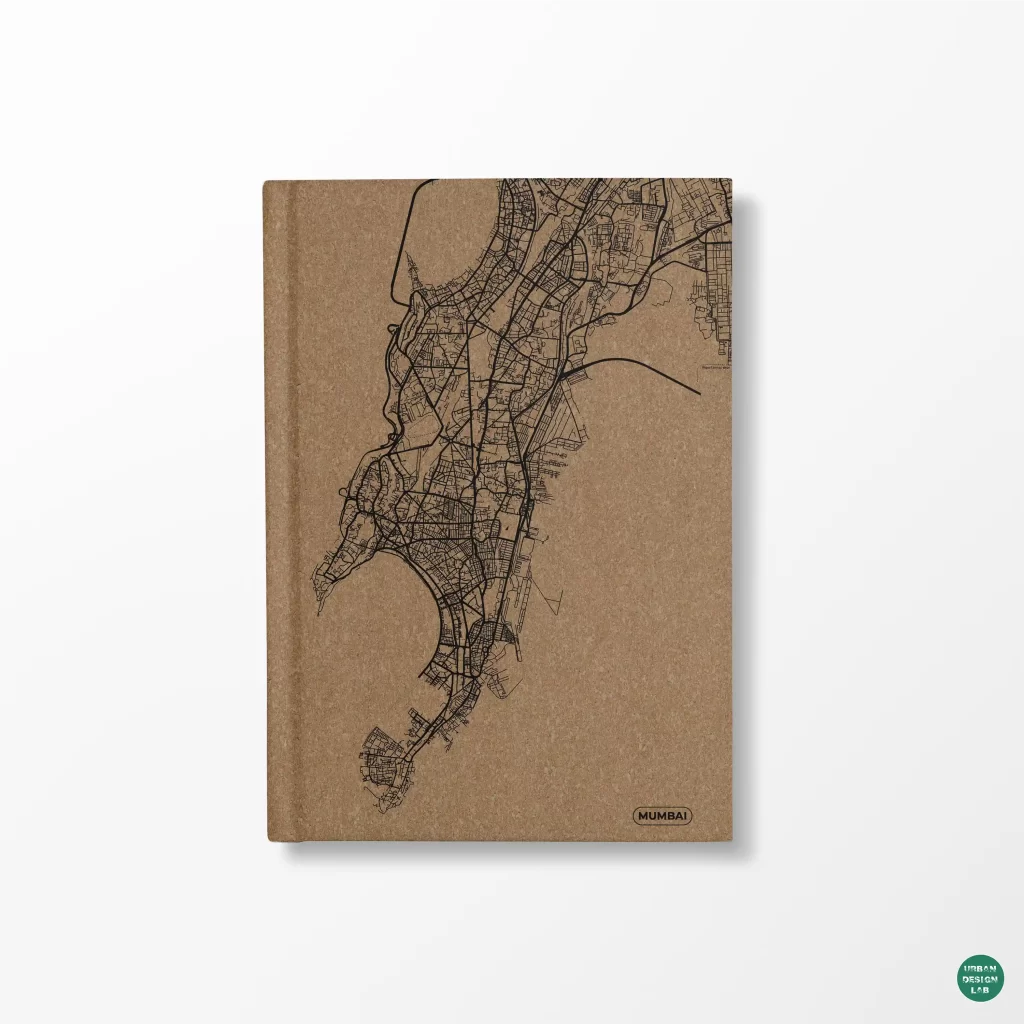
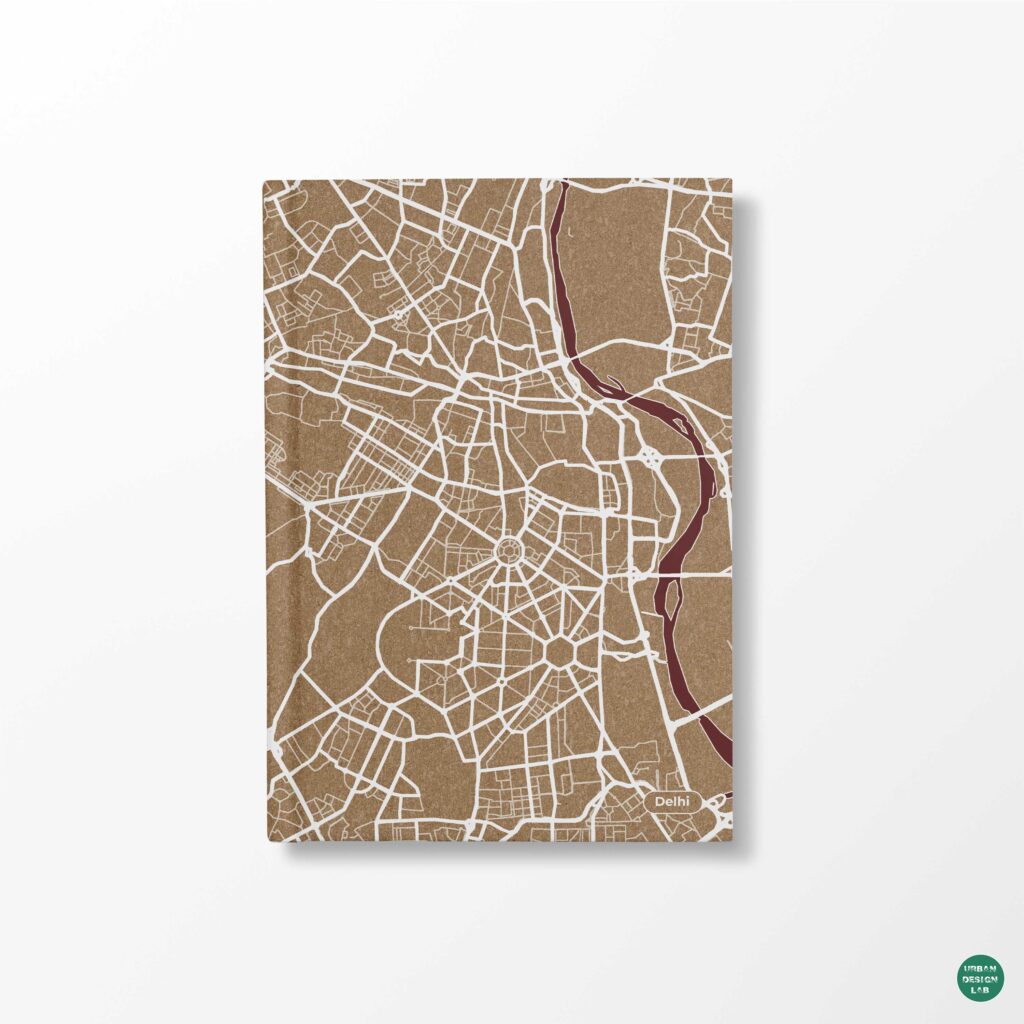
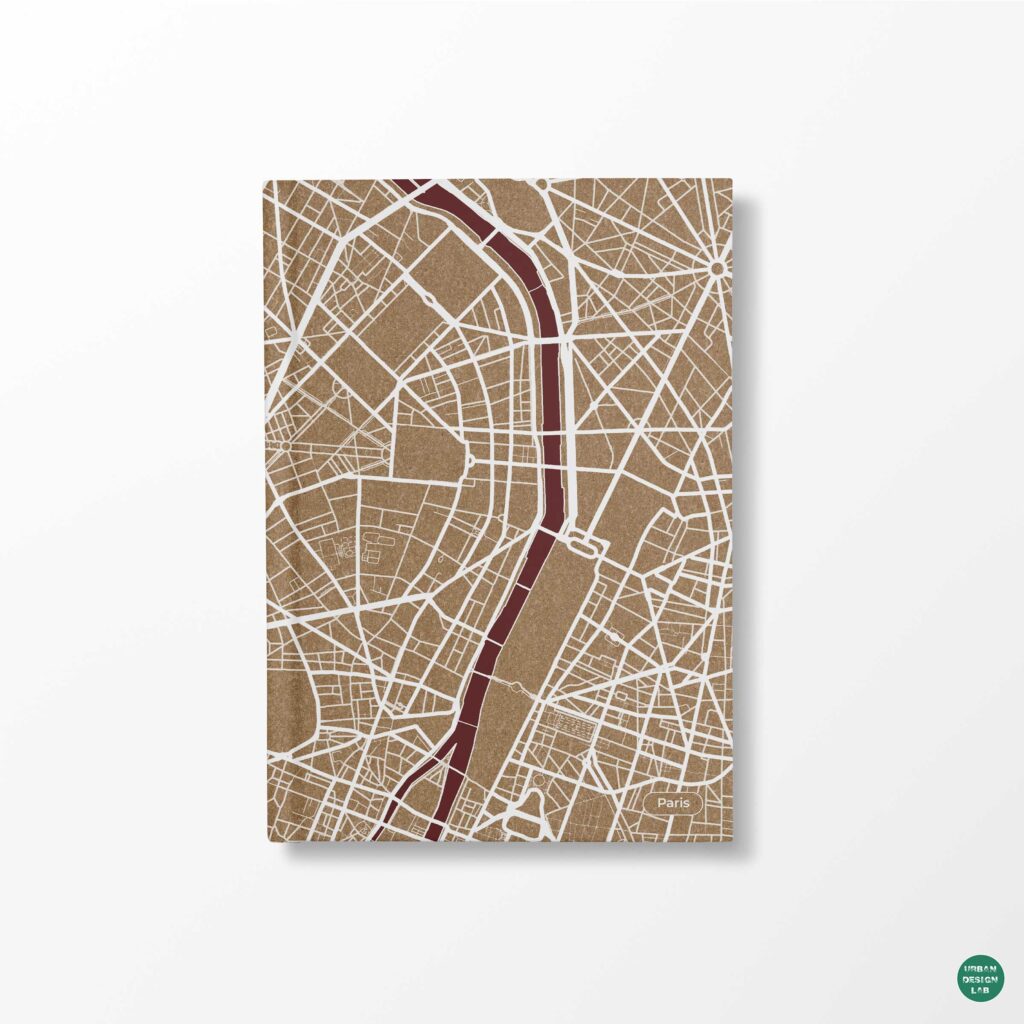
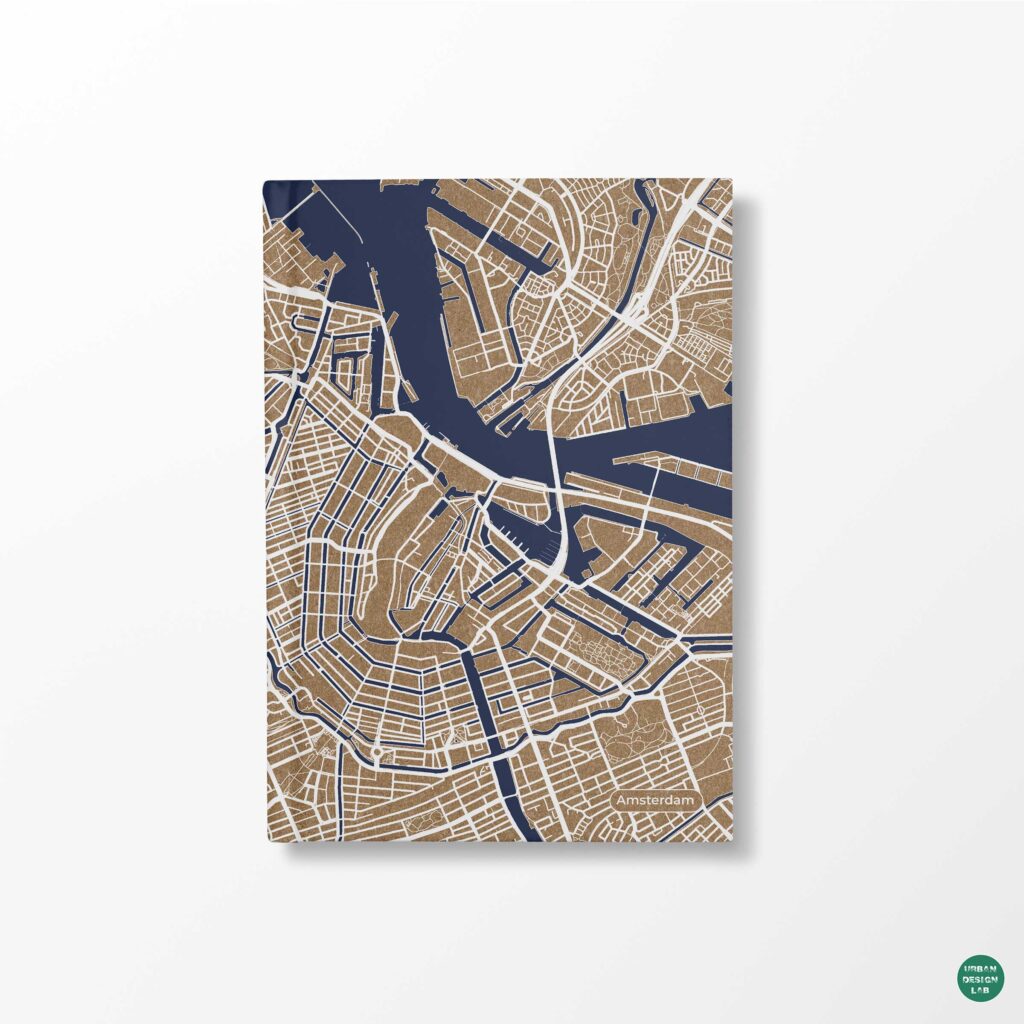

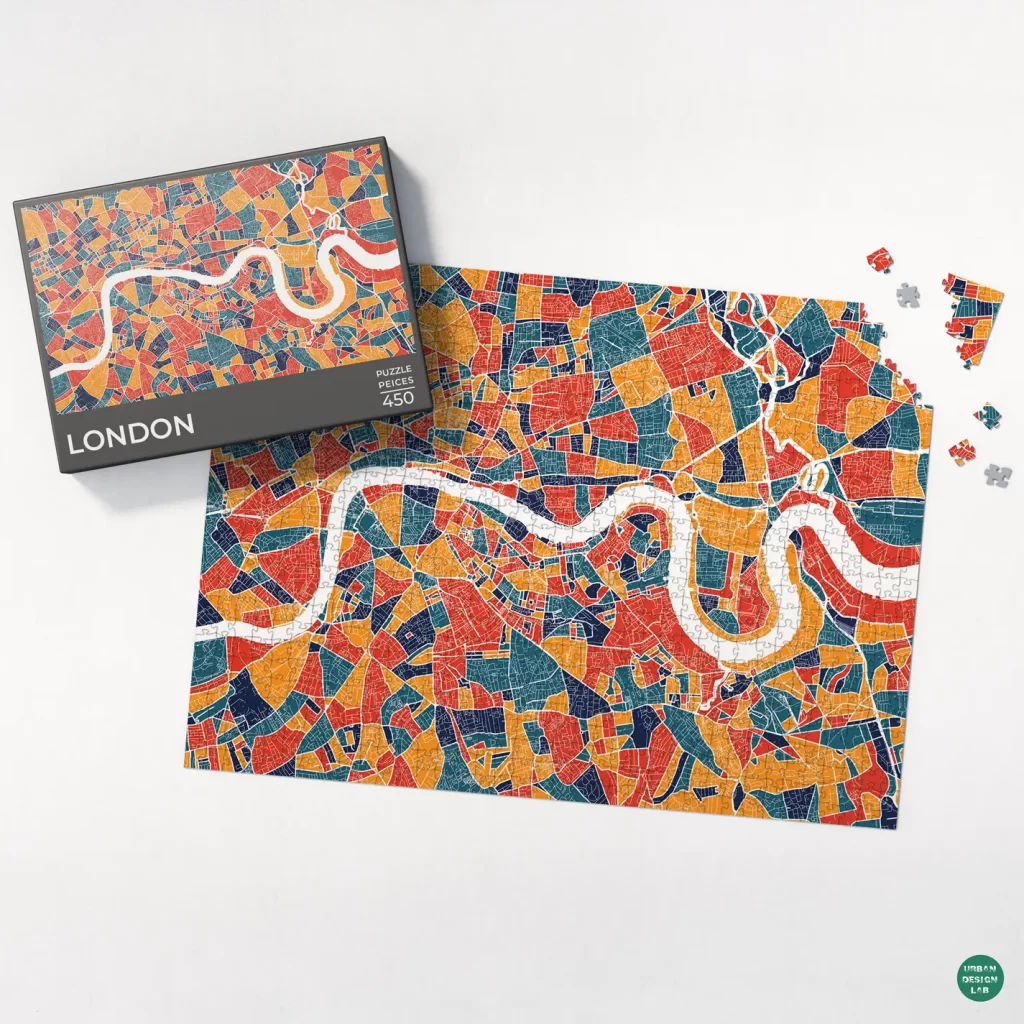
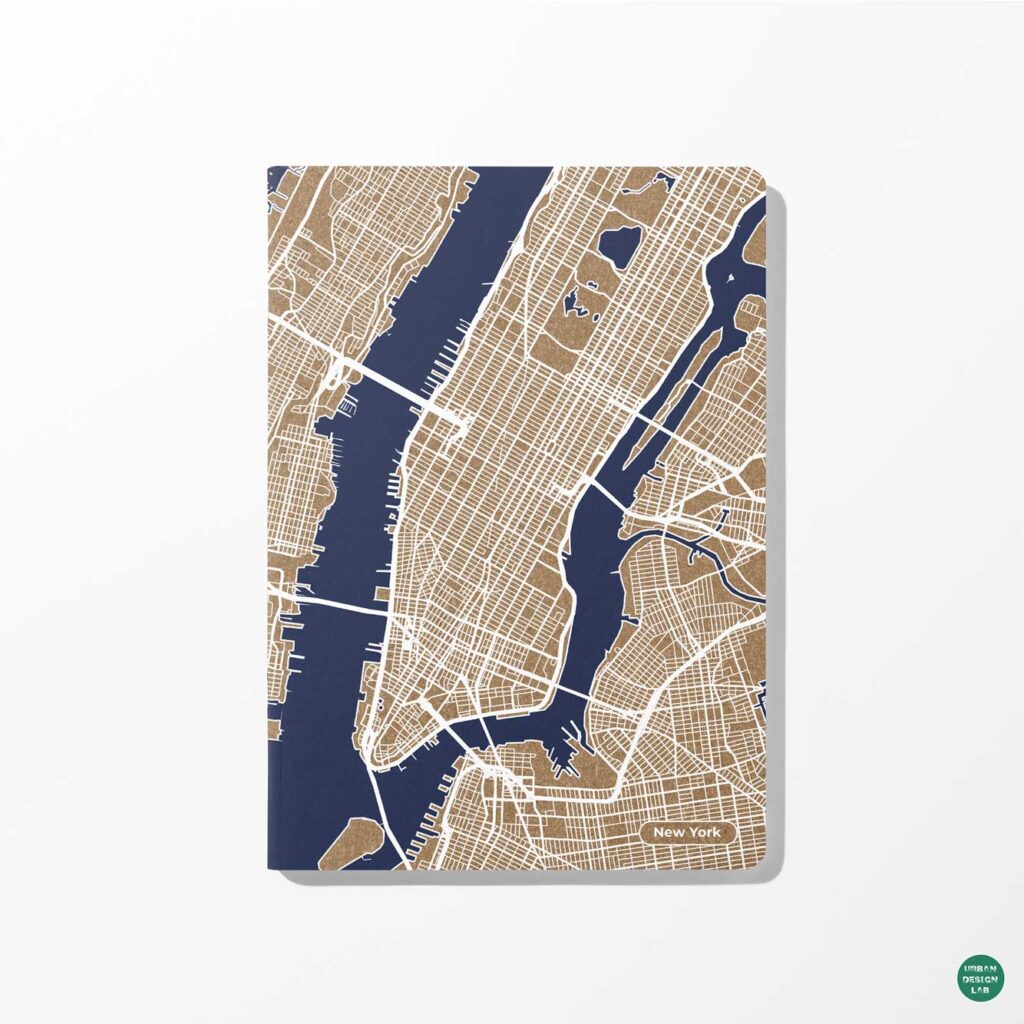


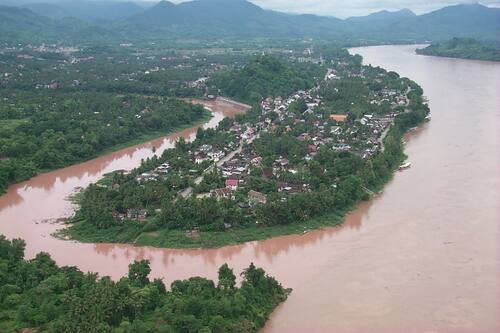
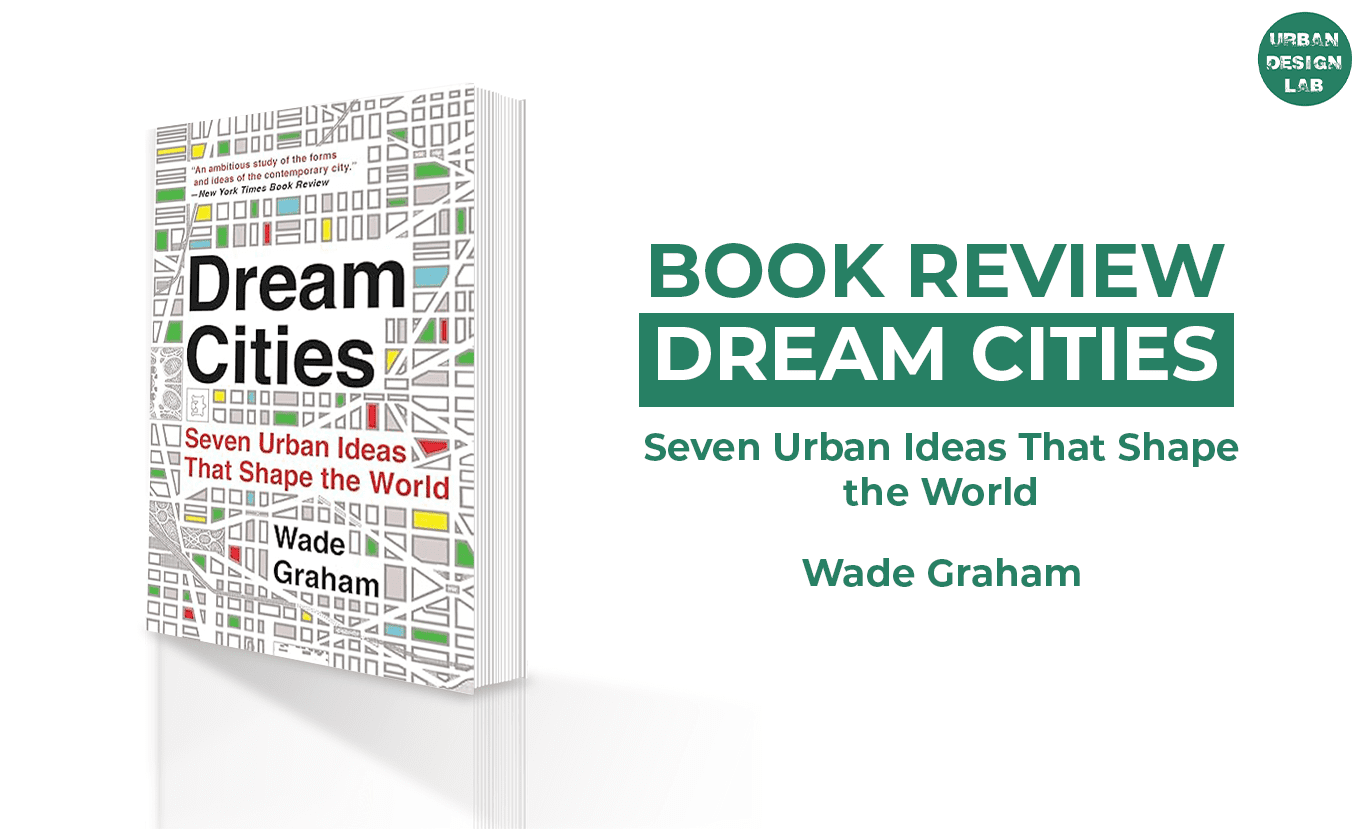


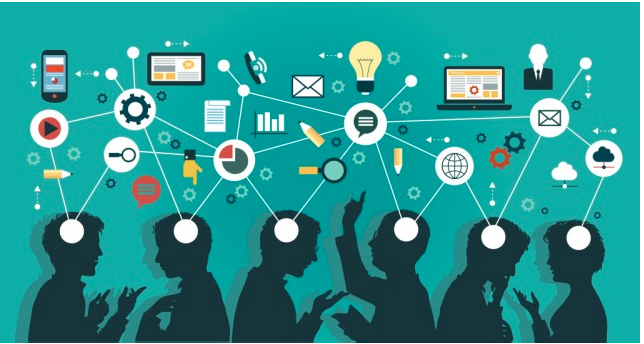
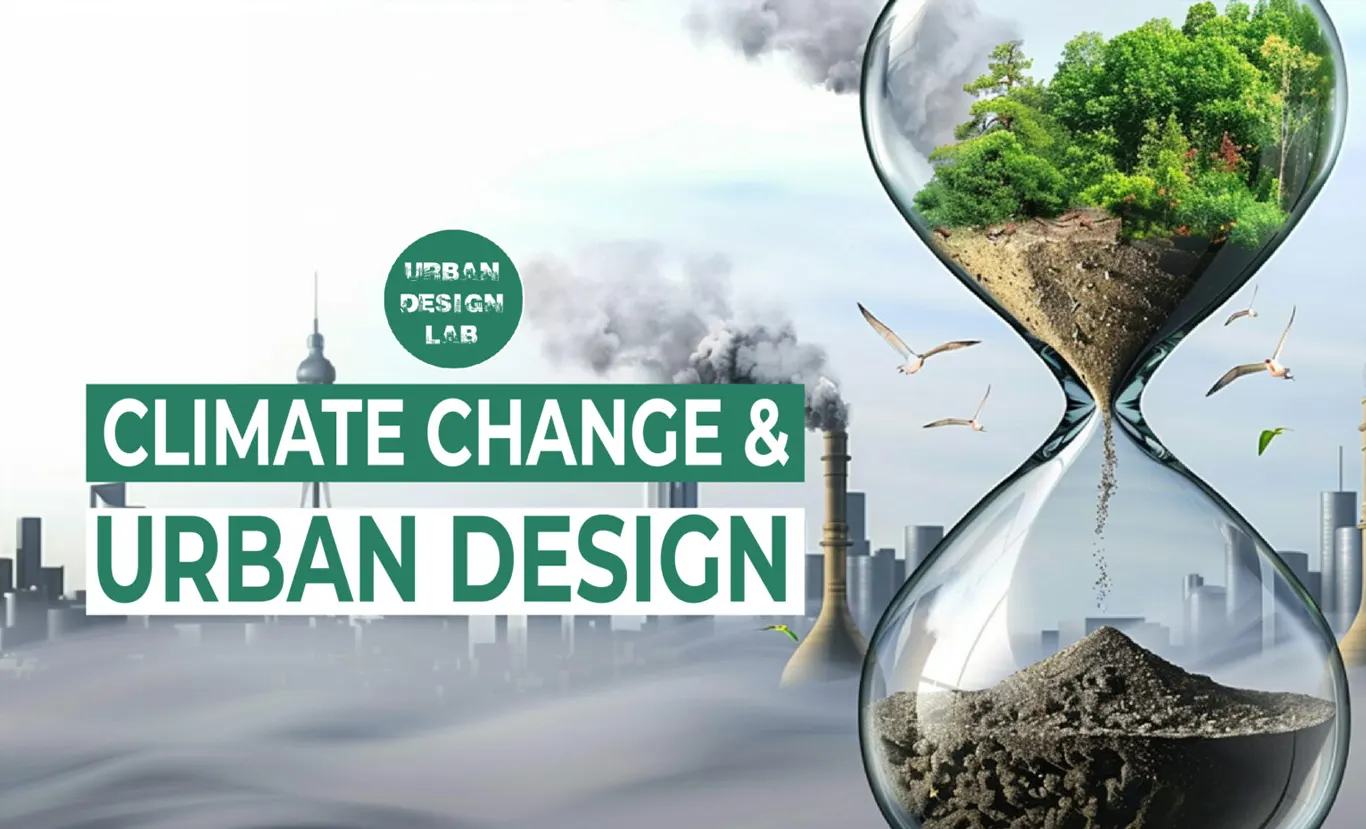

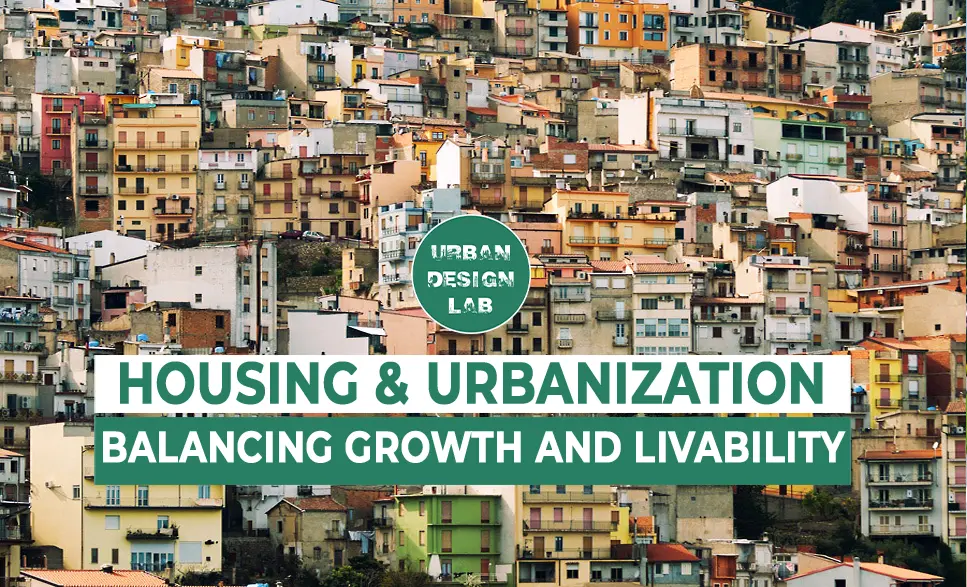
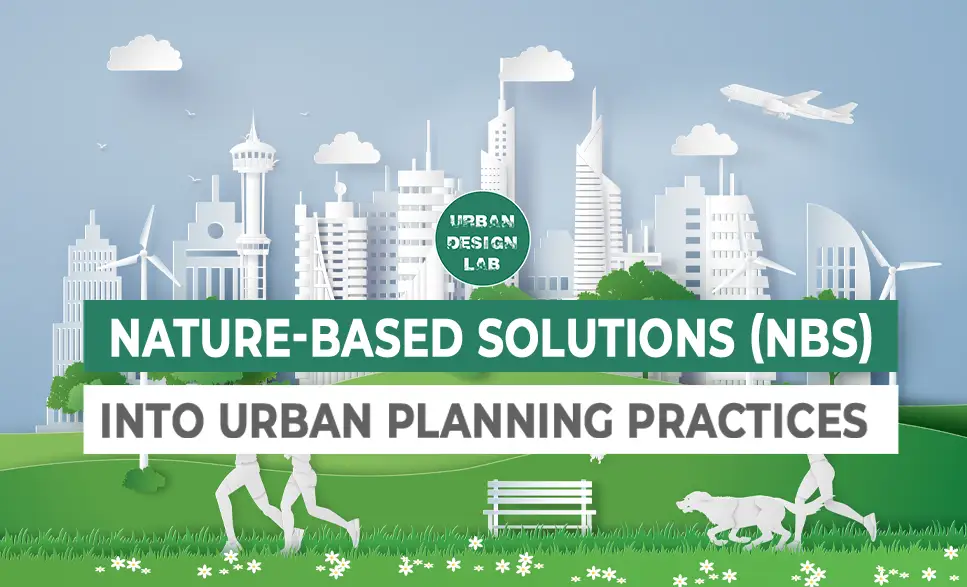
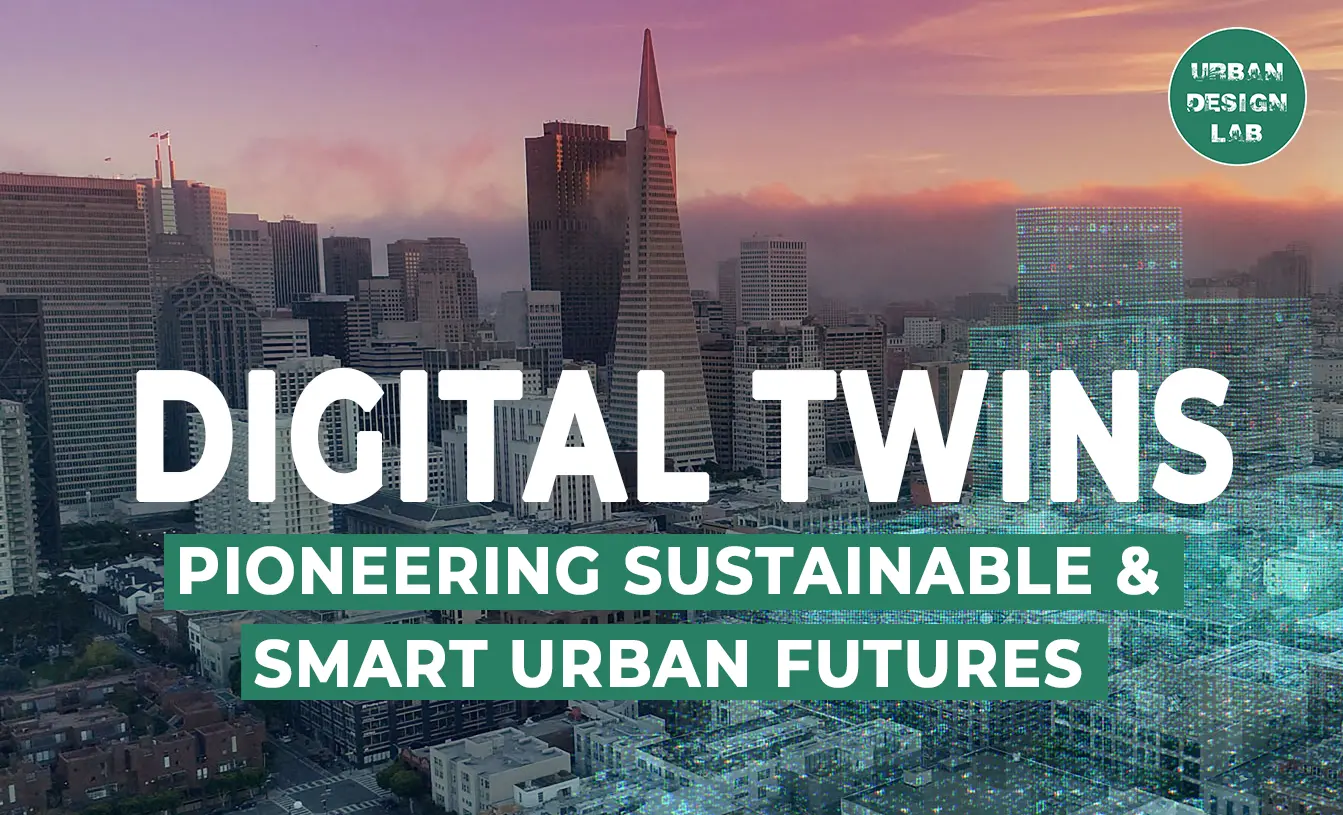
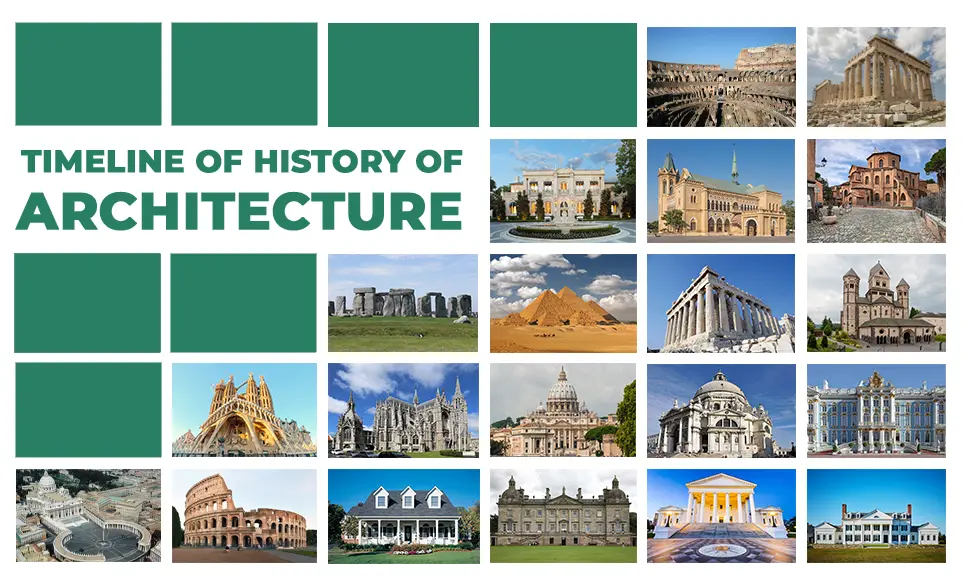

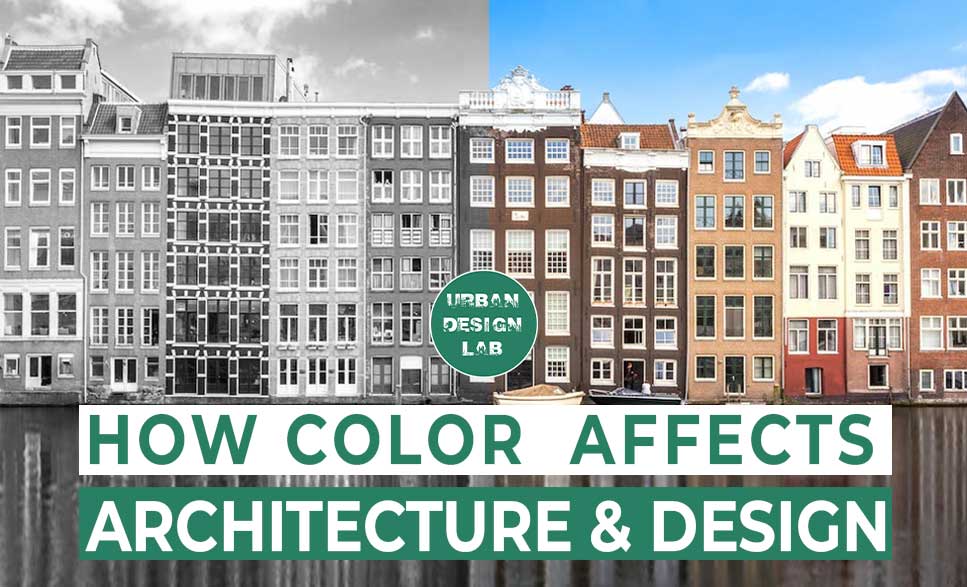
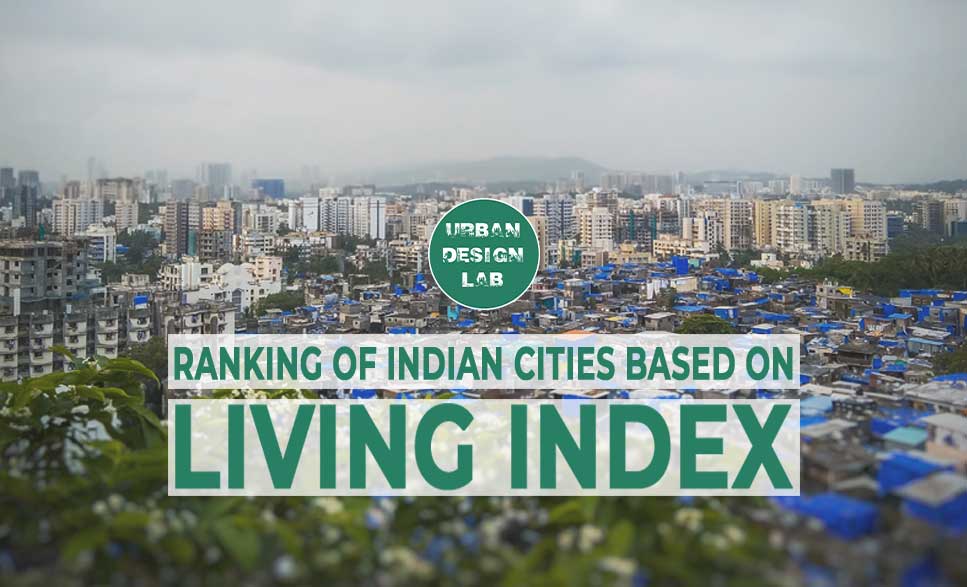
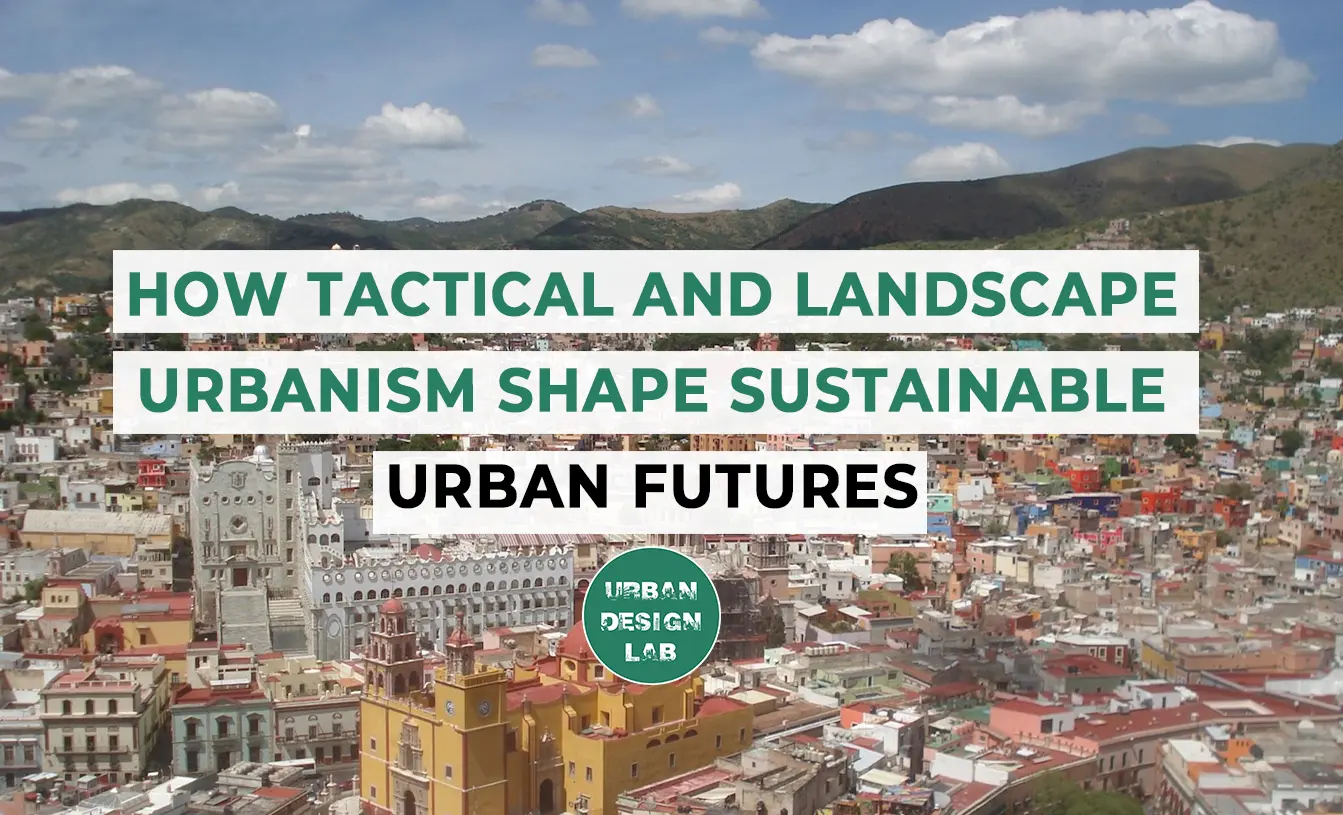
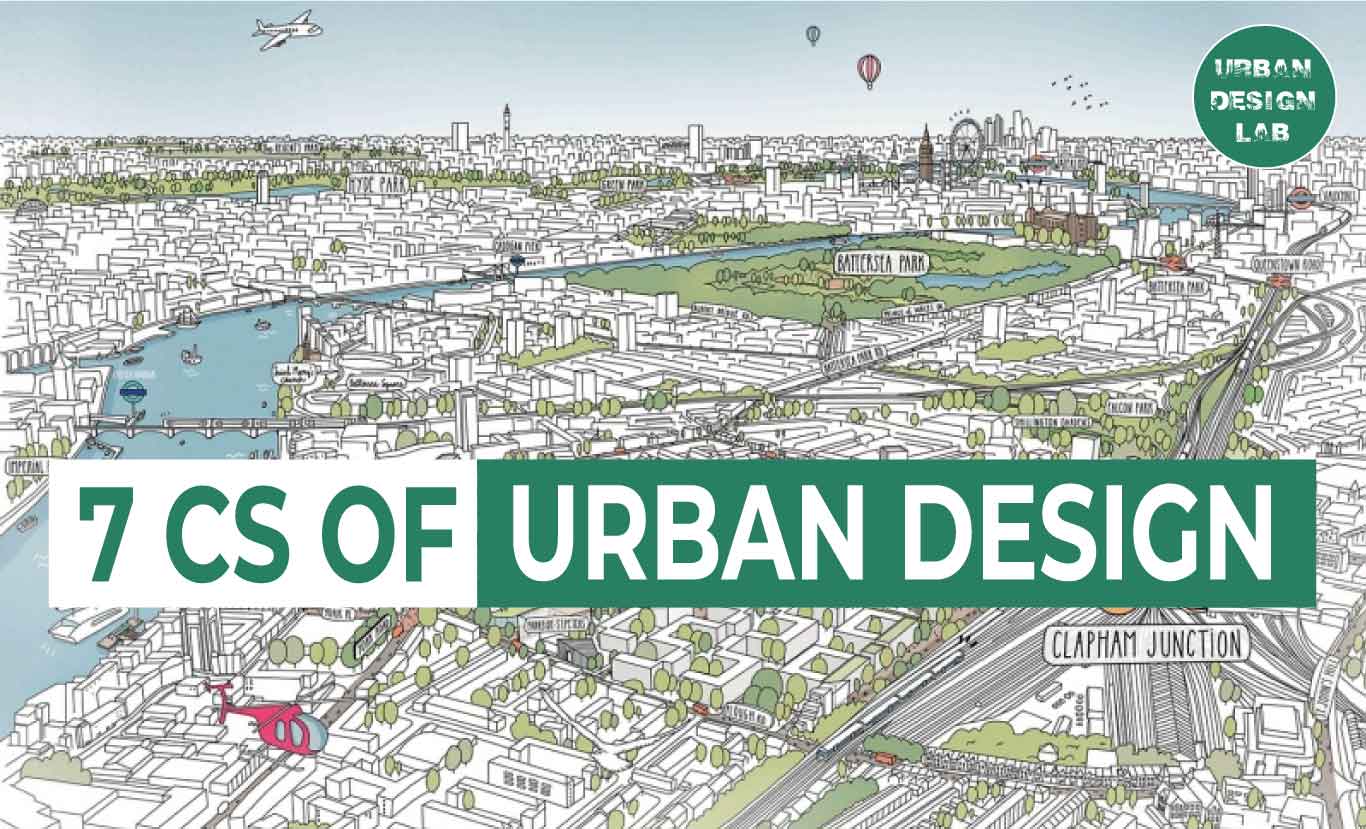
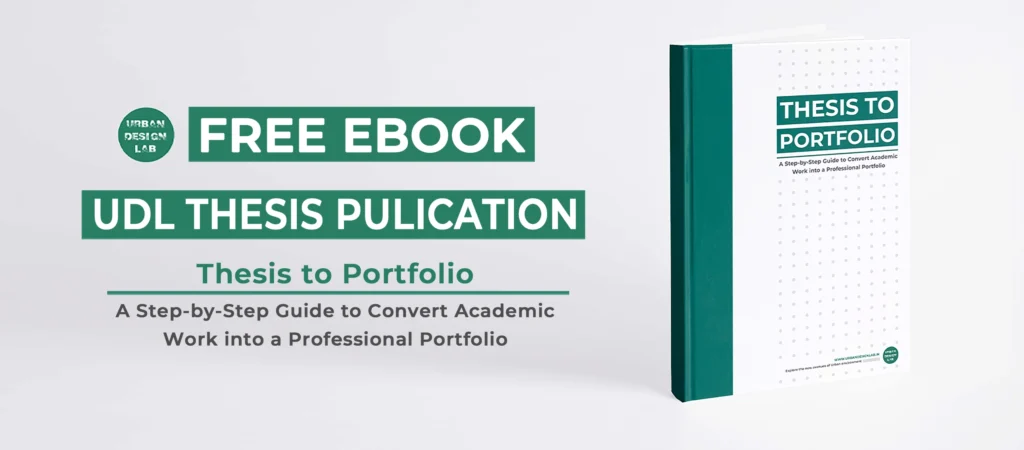
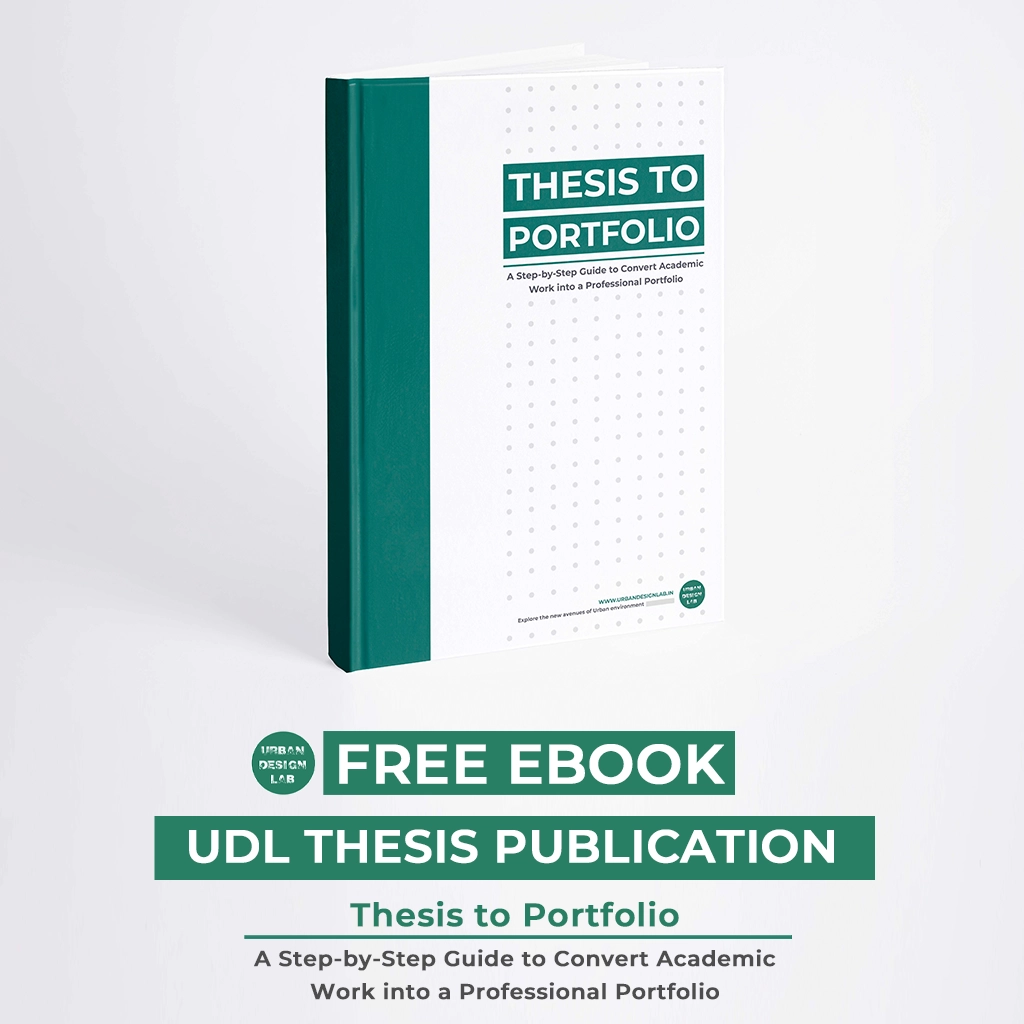
2 Comments
Thank you Habiba for the wonderful writing and details about Expo City.
I am Tahra Nour an Architect and Urban Designer and resident in Dubai.
The city design in essence is a call for many research areas with special reference to the multiplicity and diversity of Dubai population and different factors and stimuli considered when narrating a UX or drawing a model UI.
I am open for futuristic discussion and collaboration. Till then I wish you all the best.
Thank you very much, Tahra, for your kind words and insightful perspective as an architect and urban designer. Indeed, the diversity and multiplicity of Dubai’s population, along with the various influencing factors, demand a thorough research-based approach when narrating user experience and designing user interfaces. I look forward to engaging in futuristic discussions and fruitful collaborations with you. Wishing you all the best and great success in your future projects.